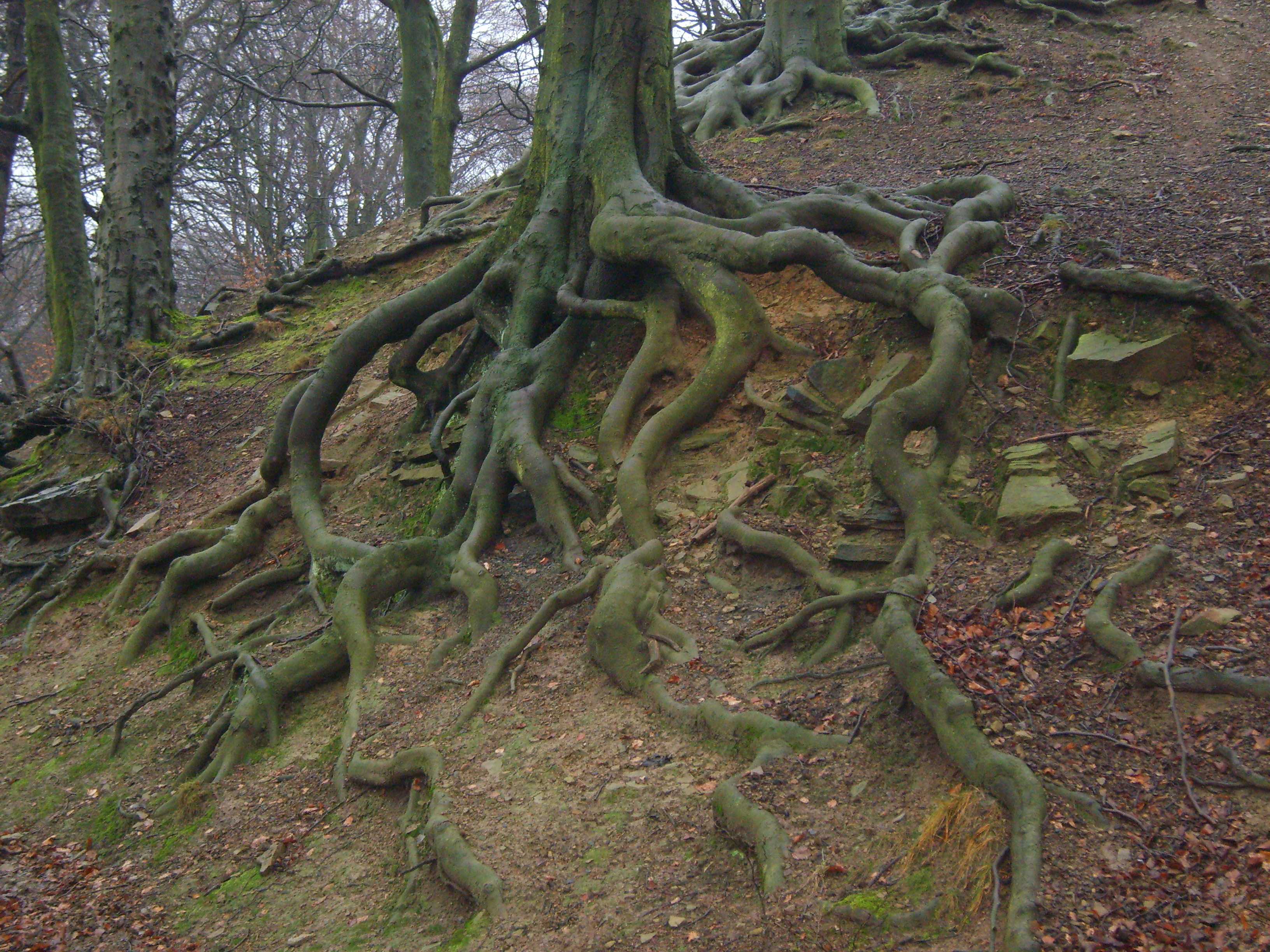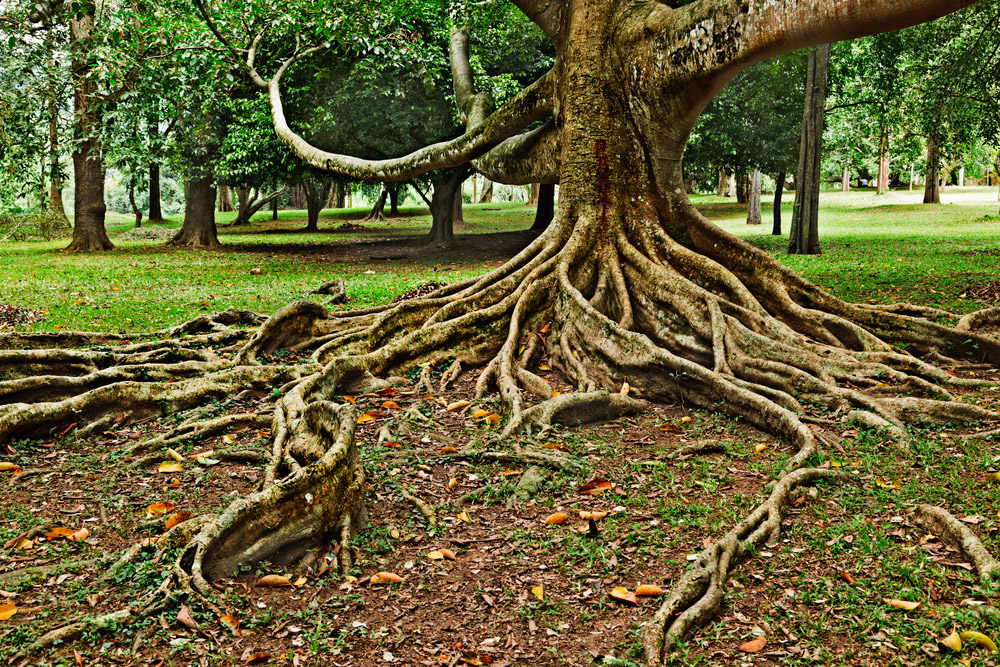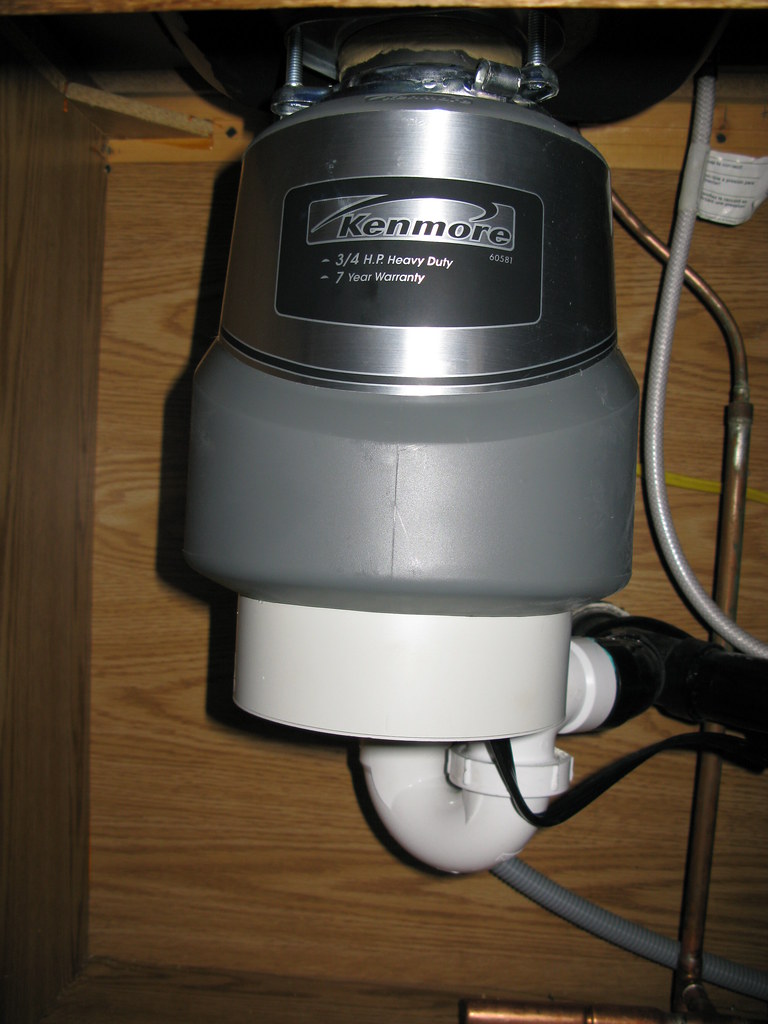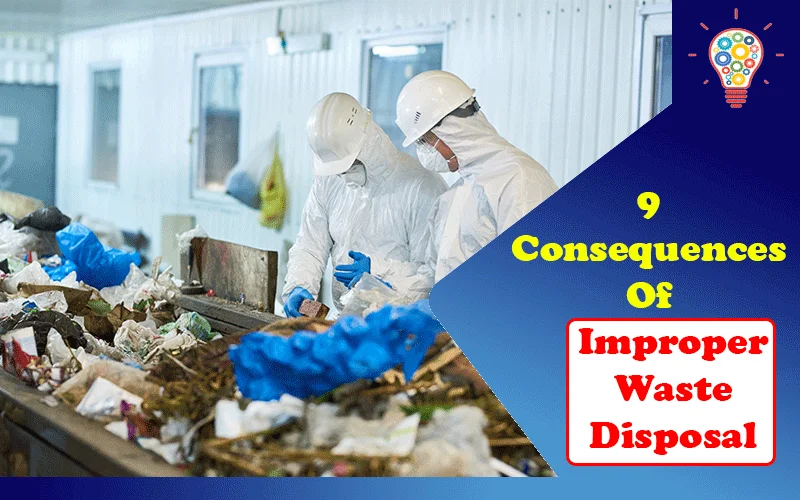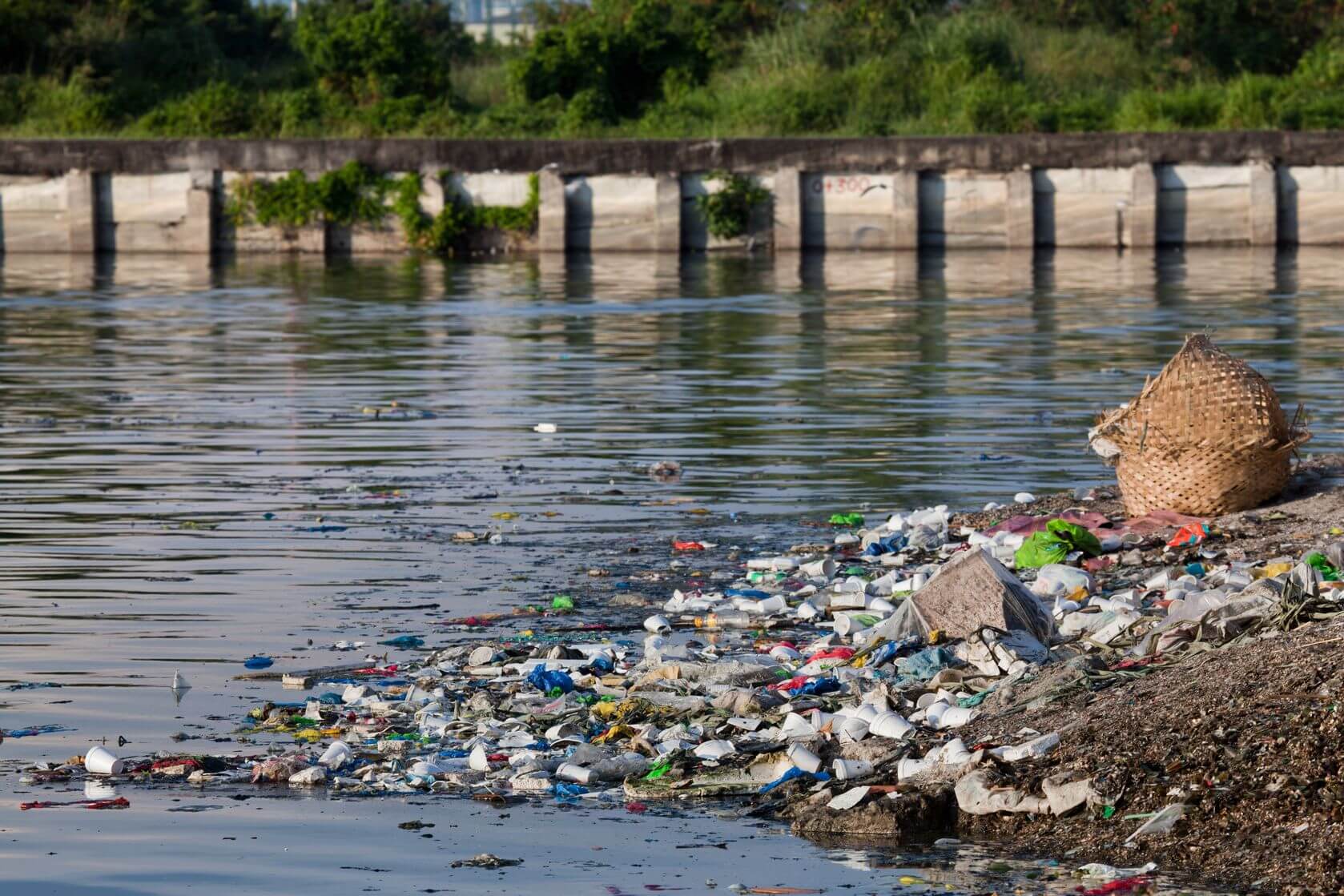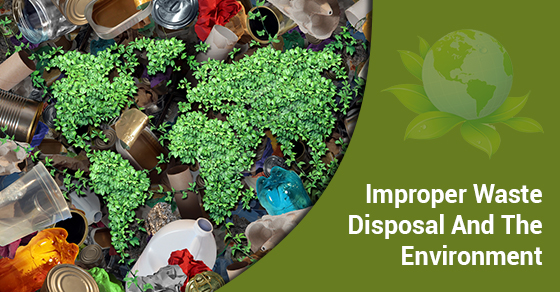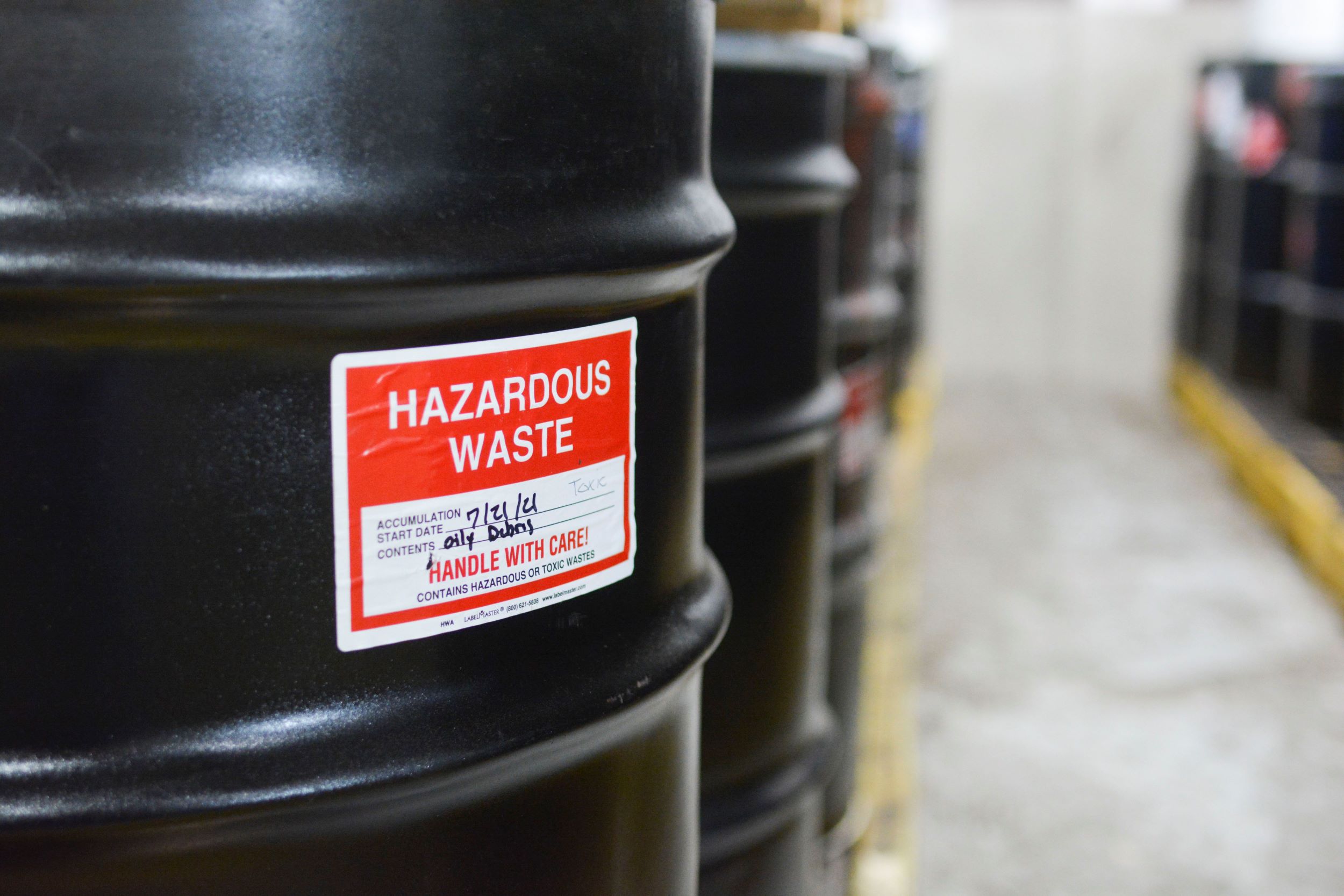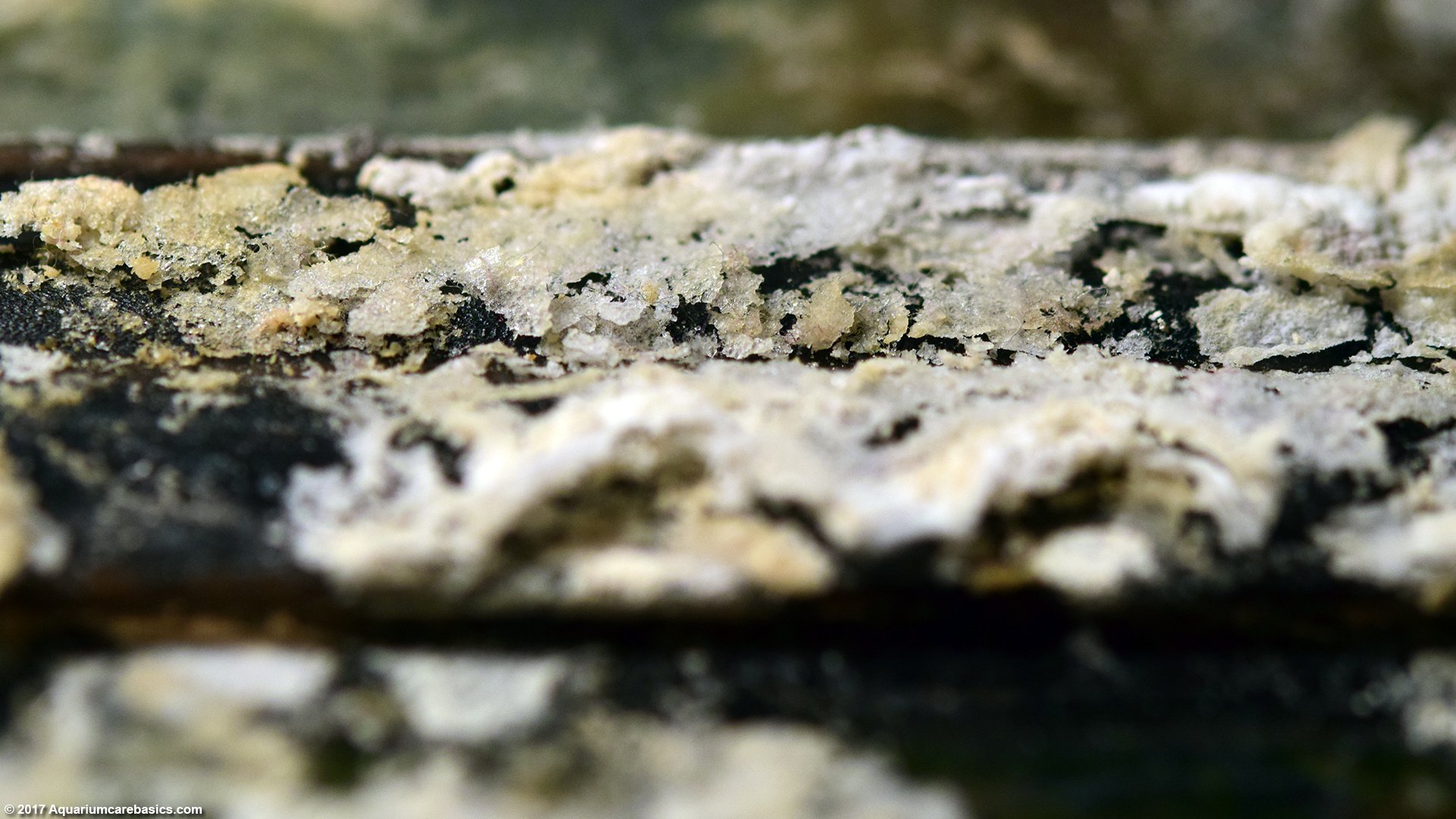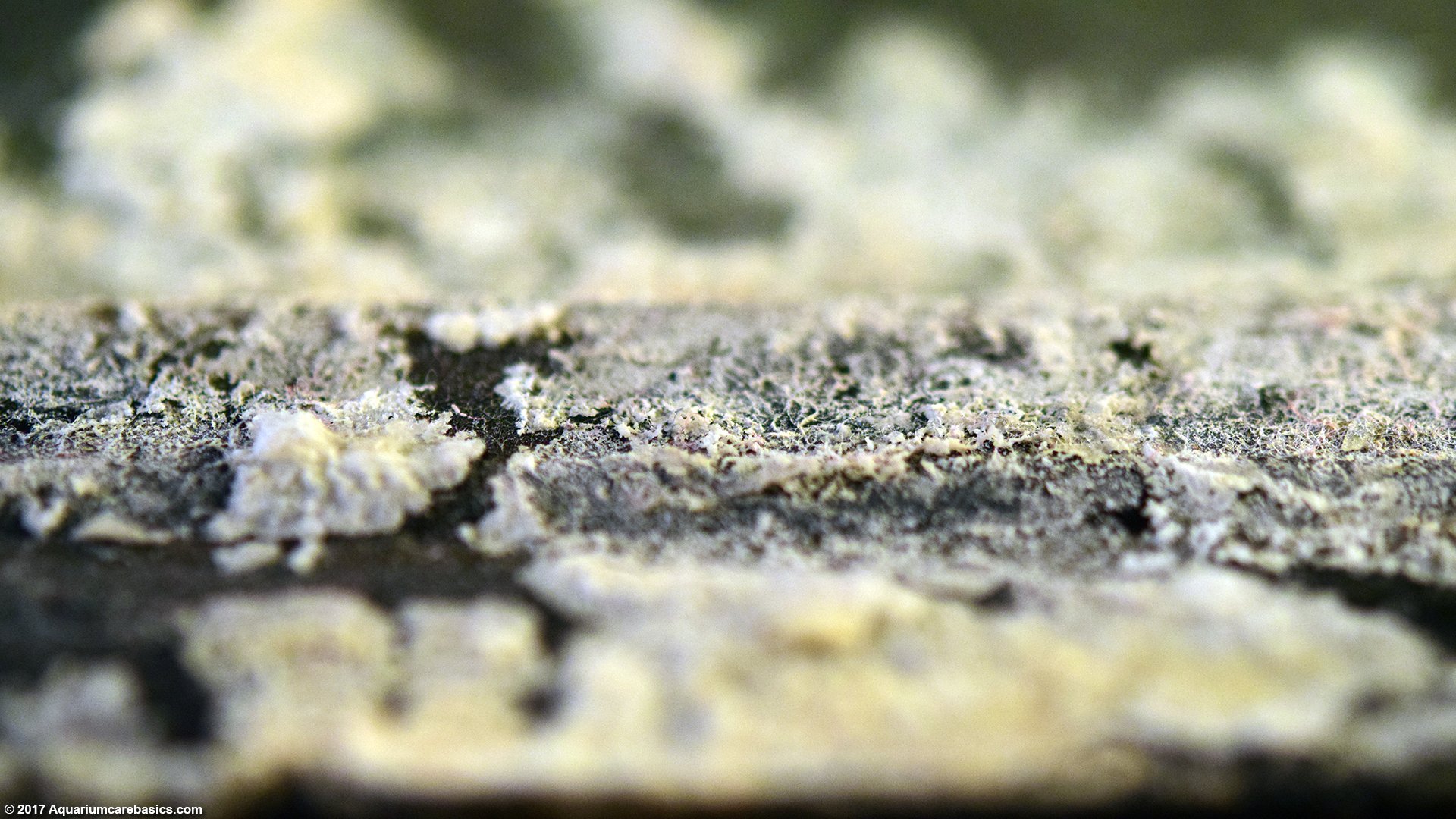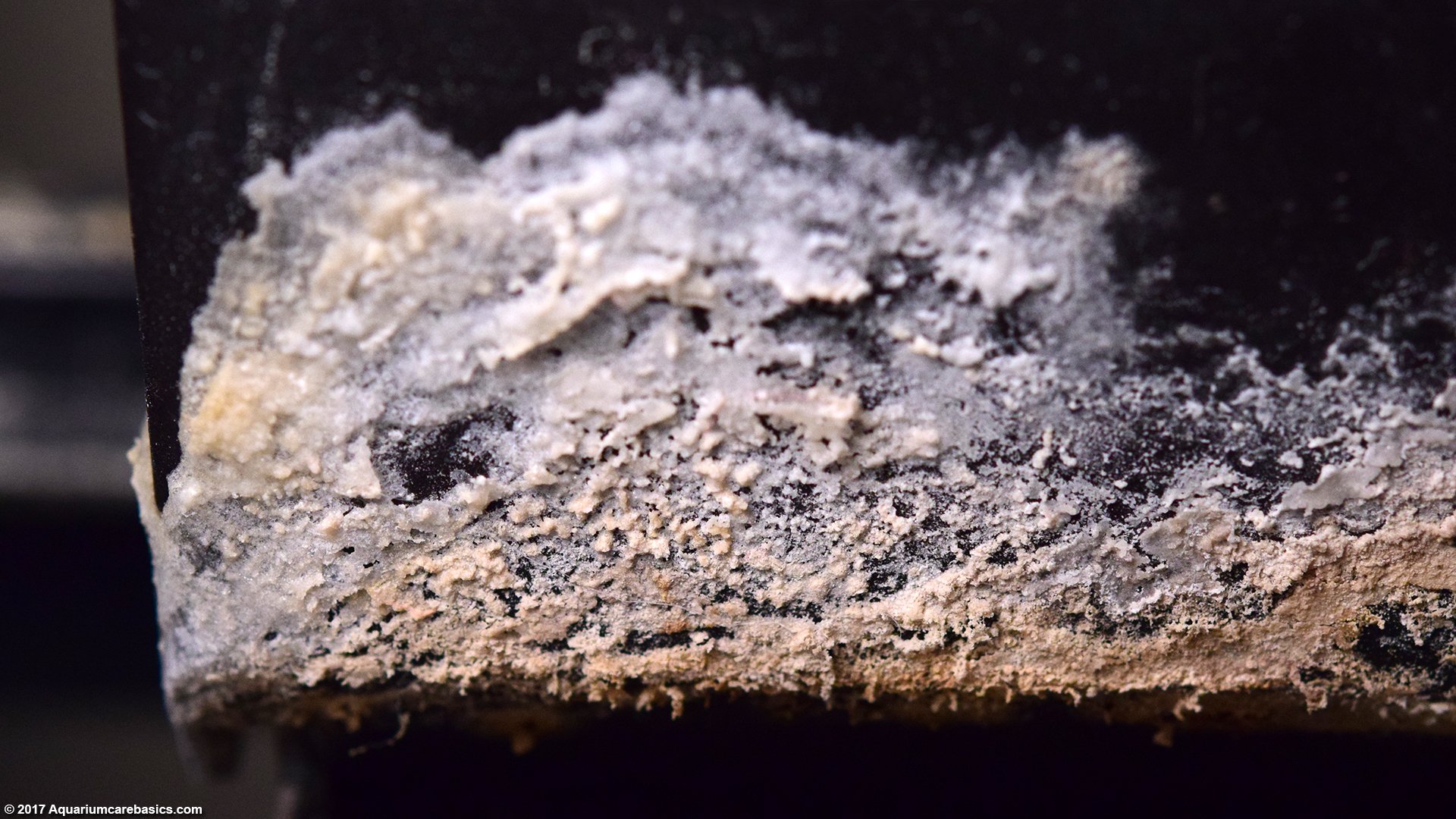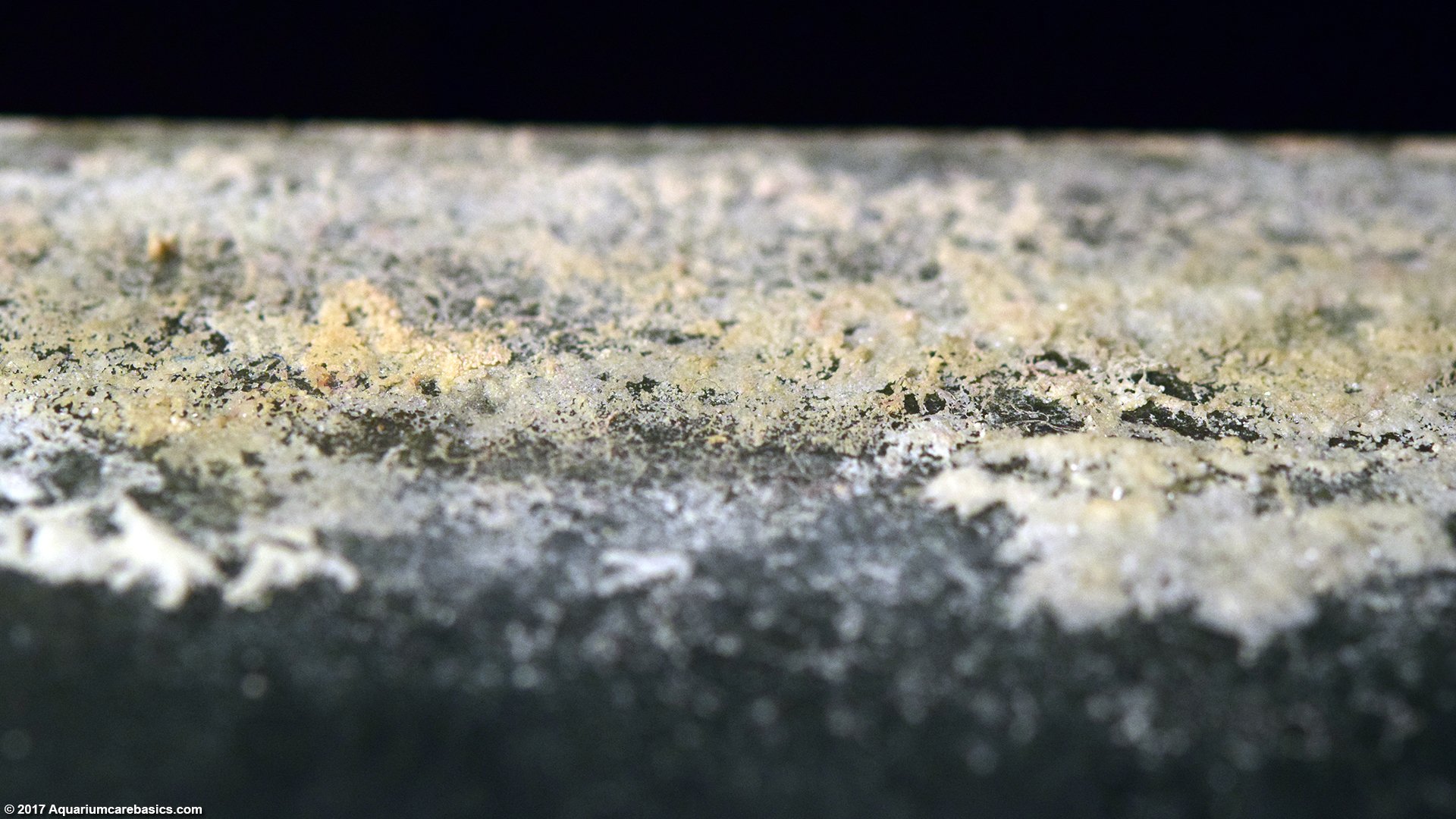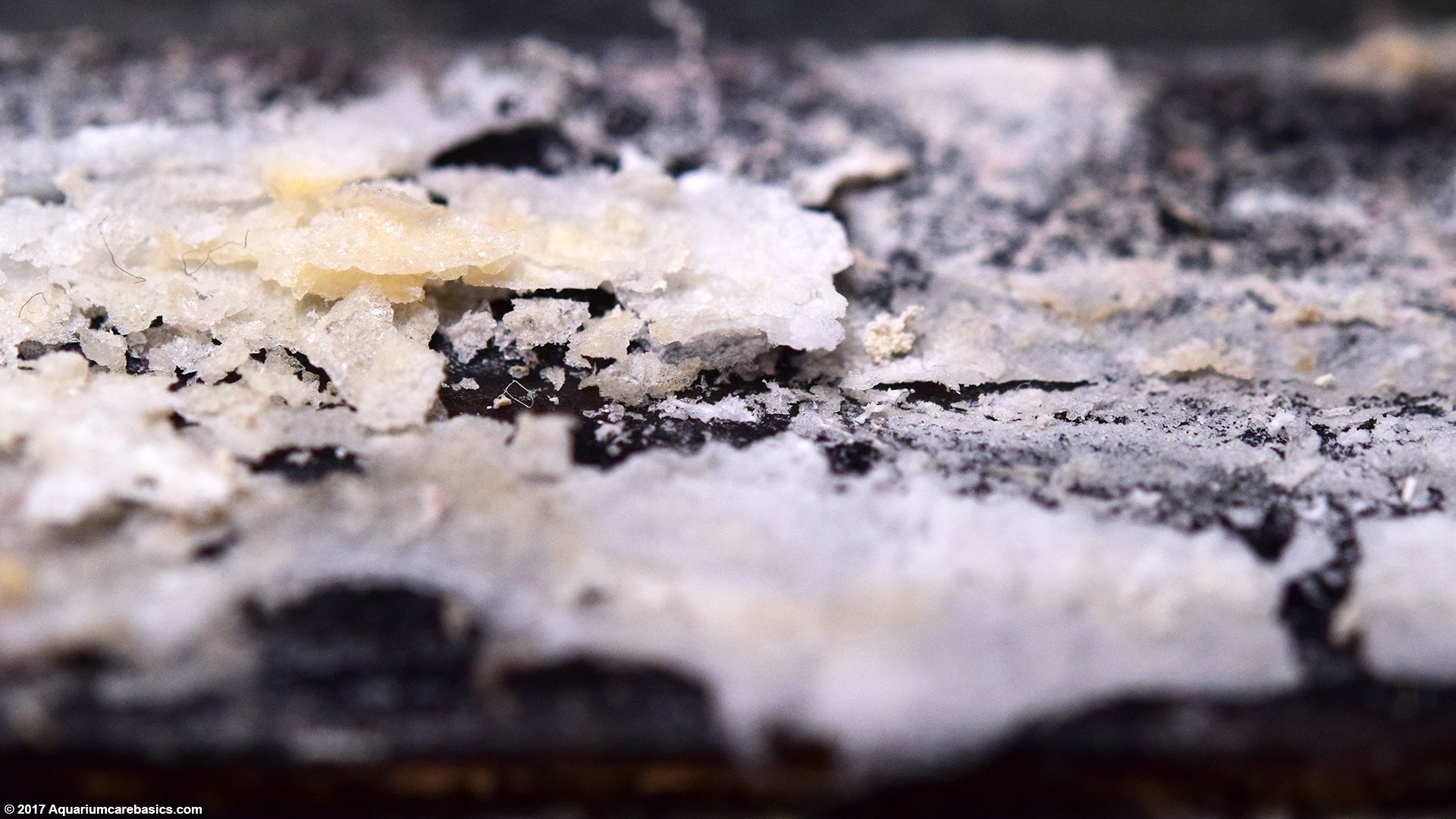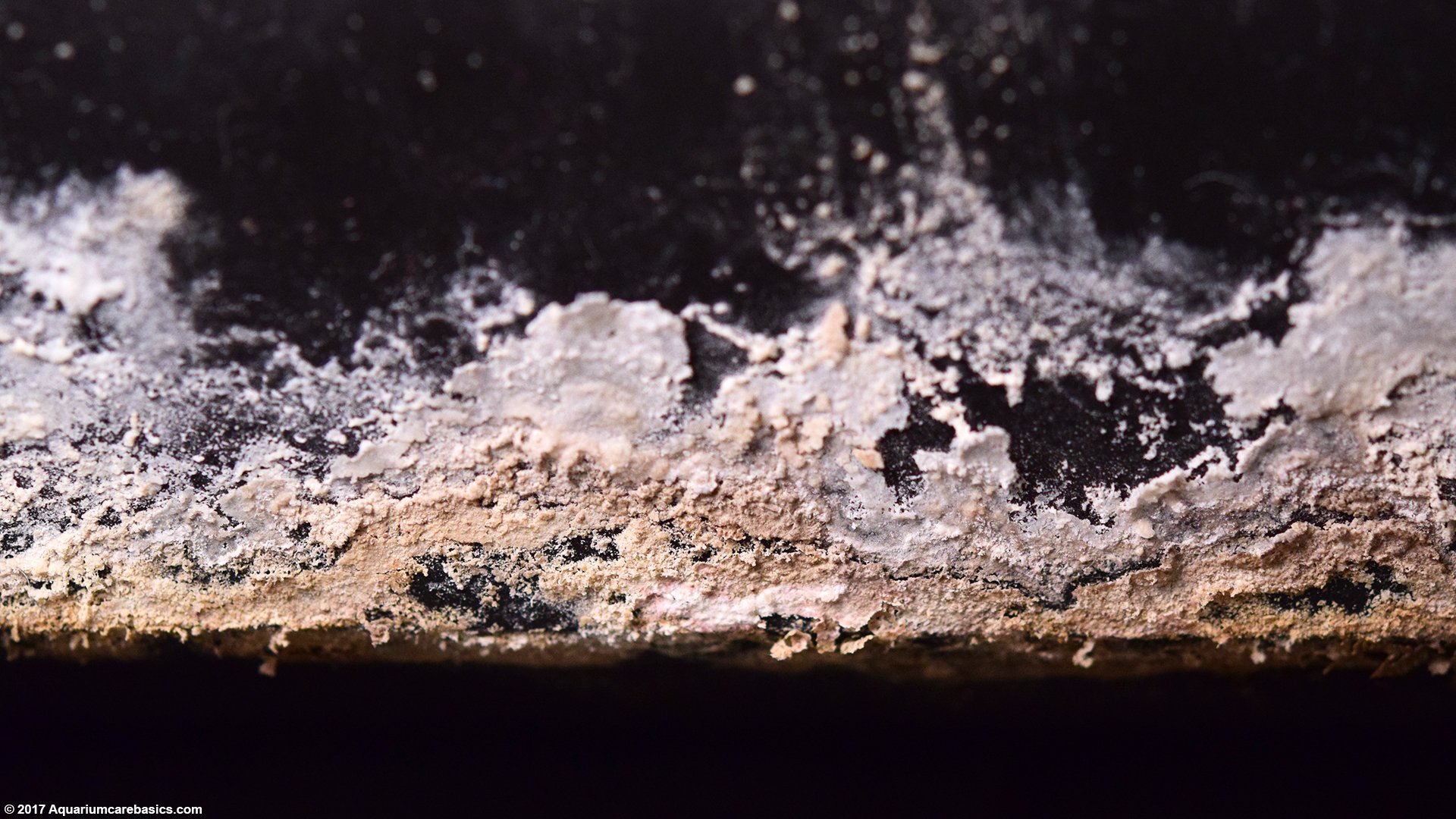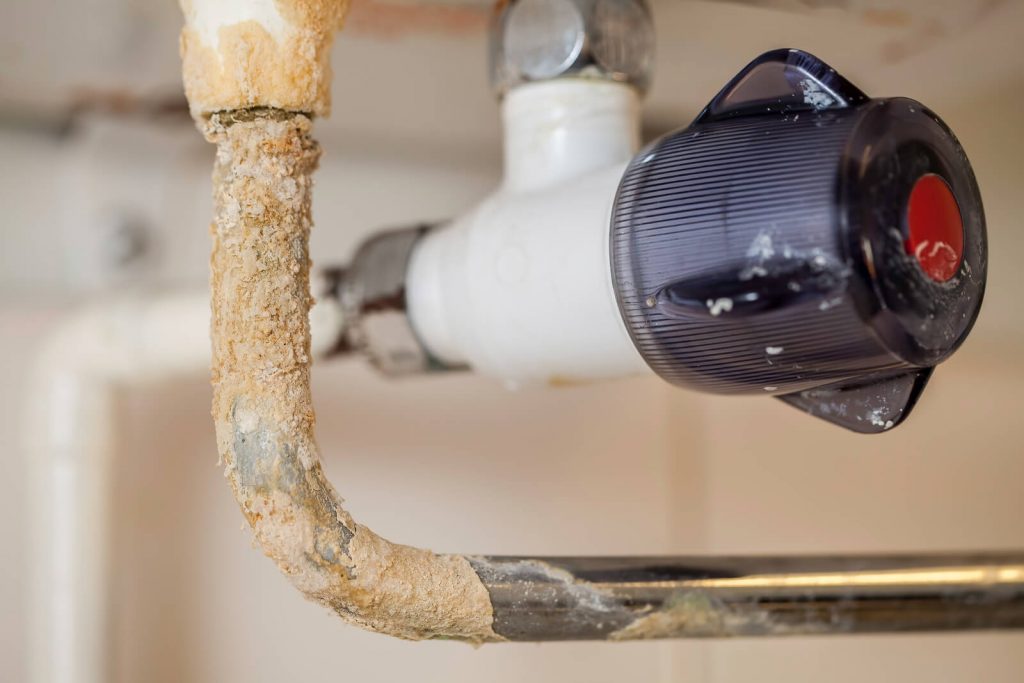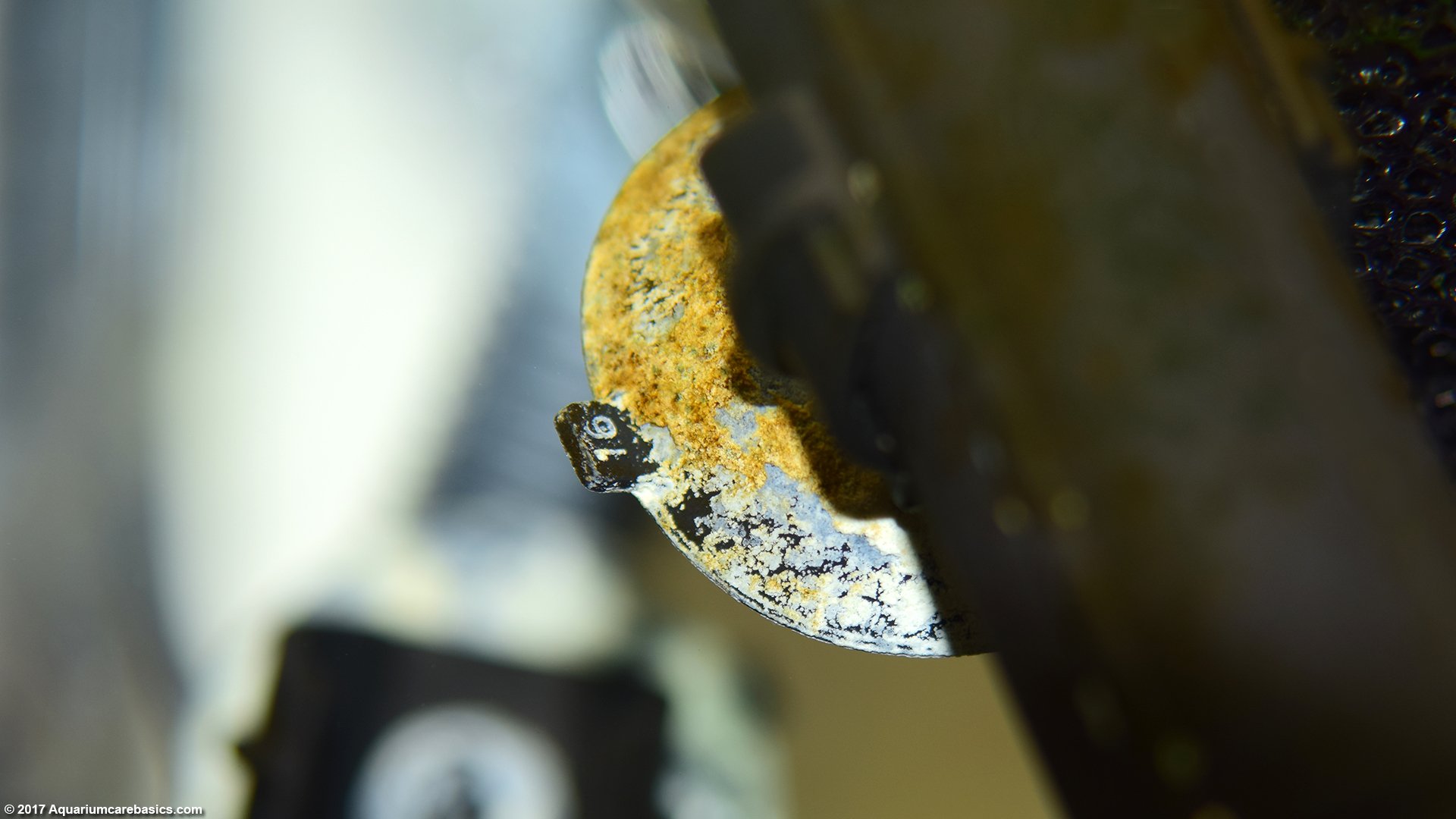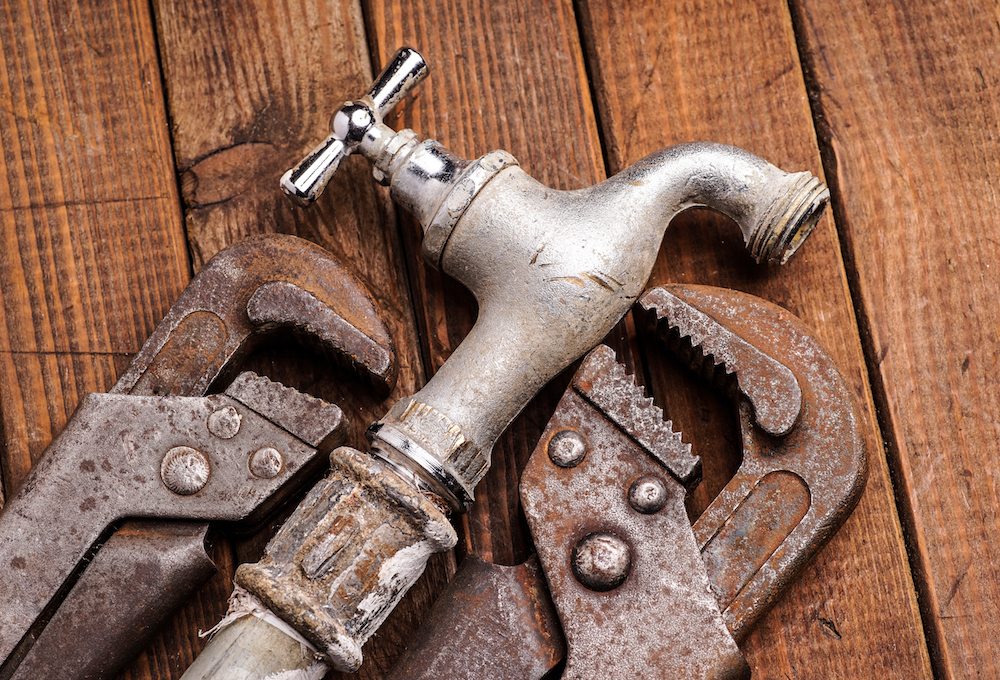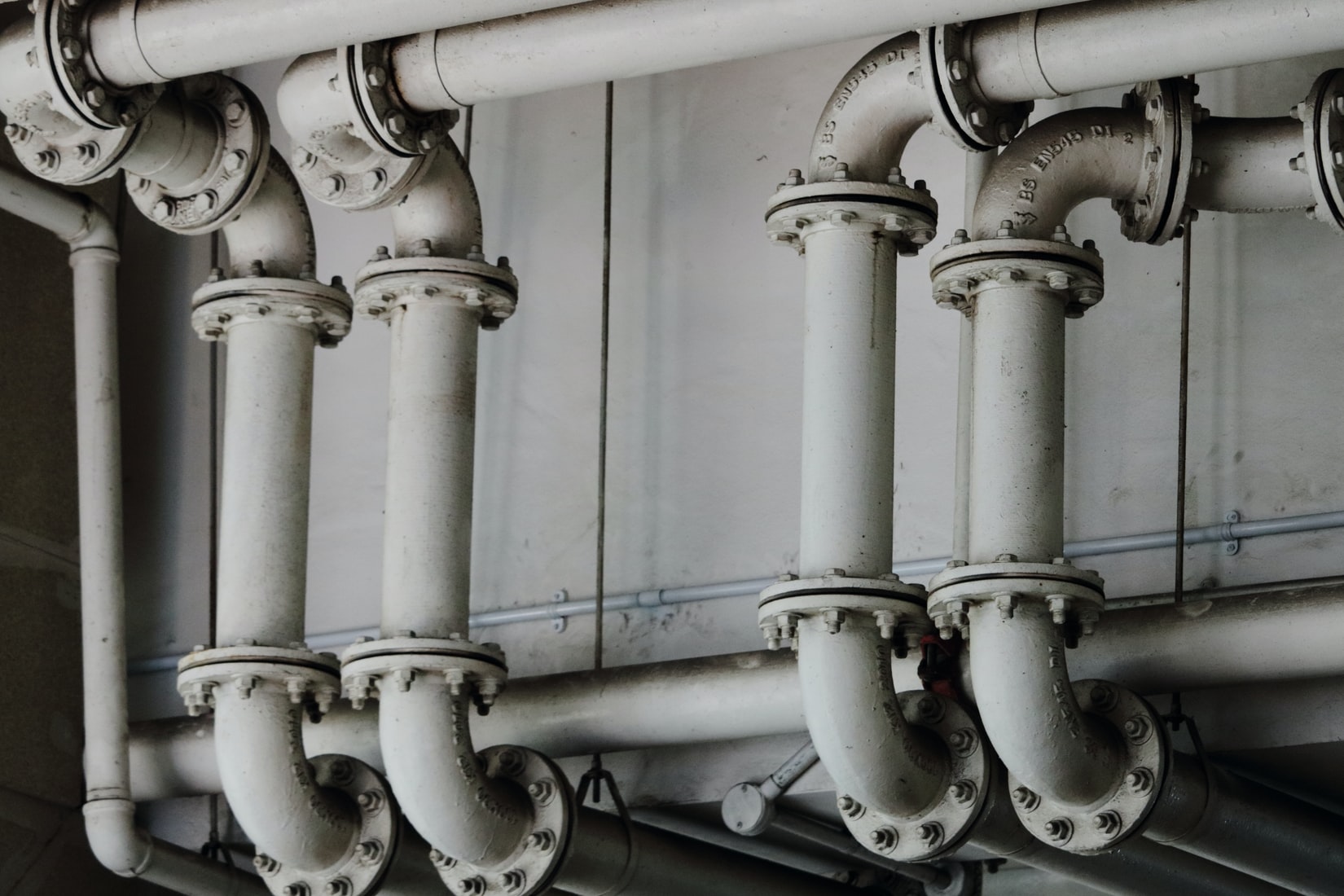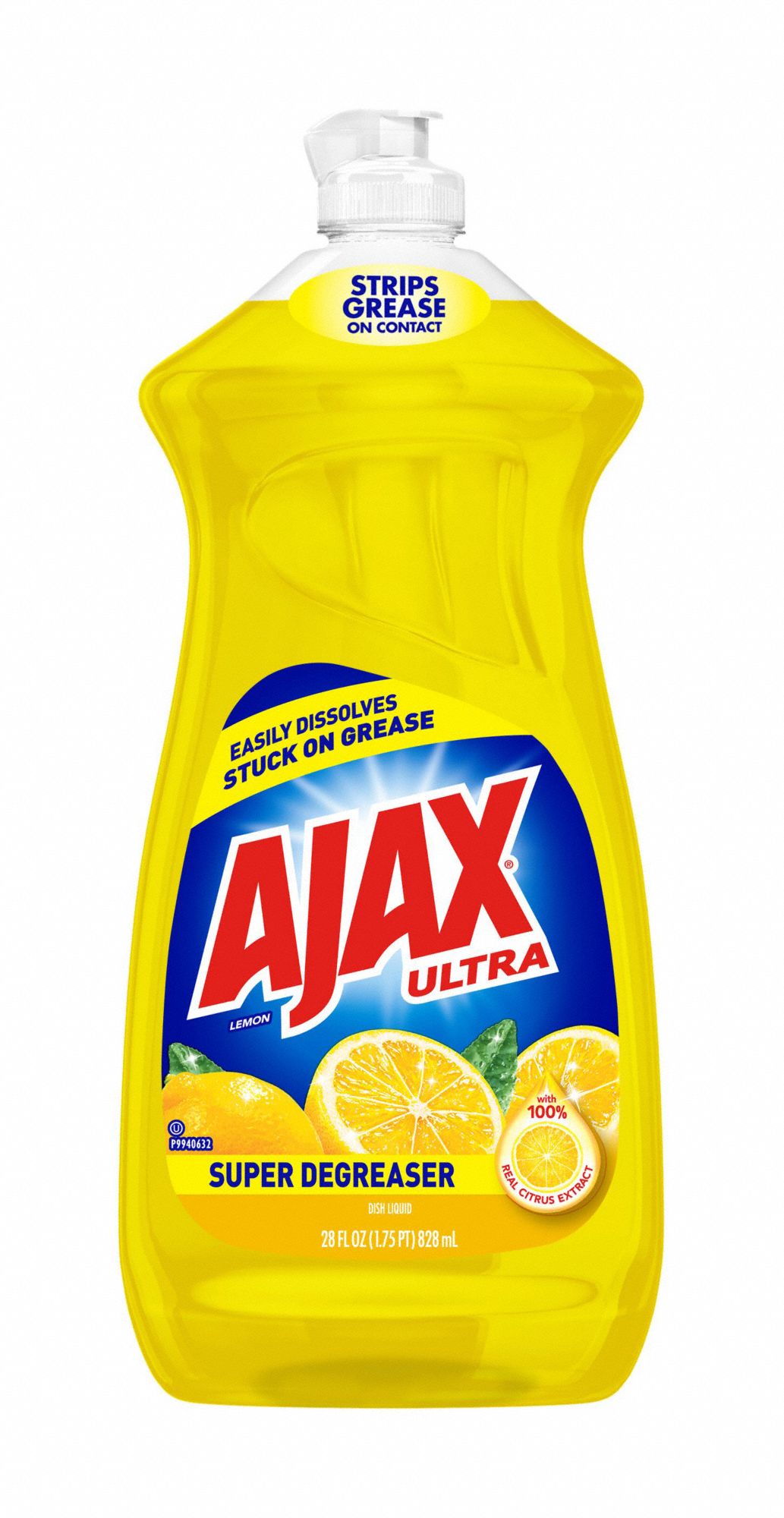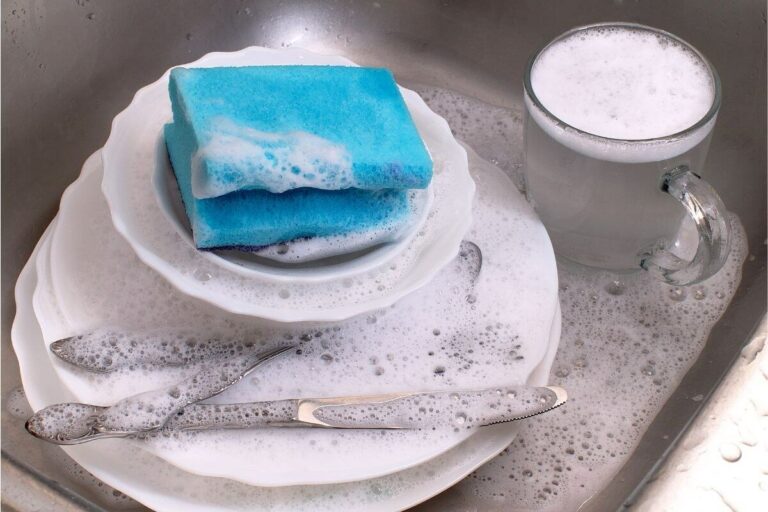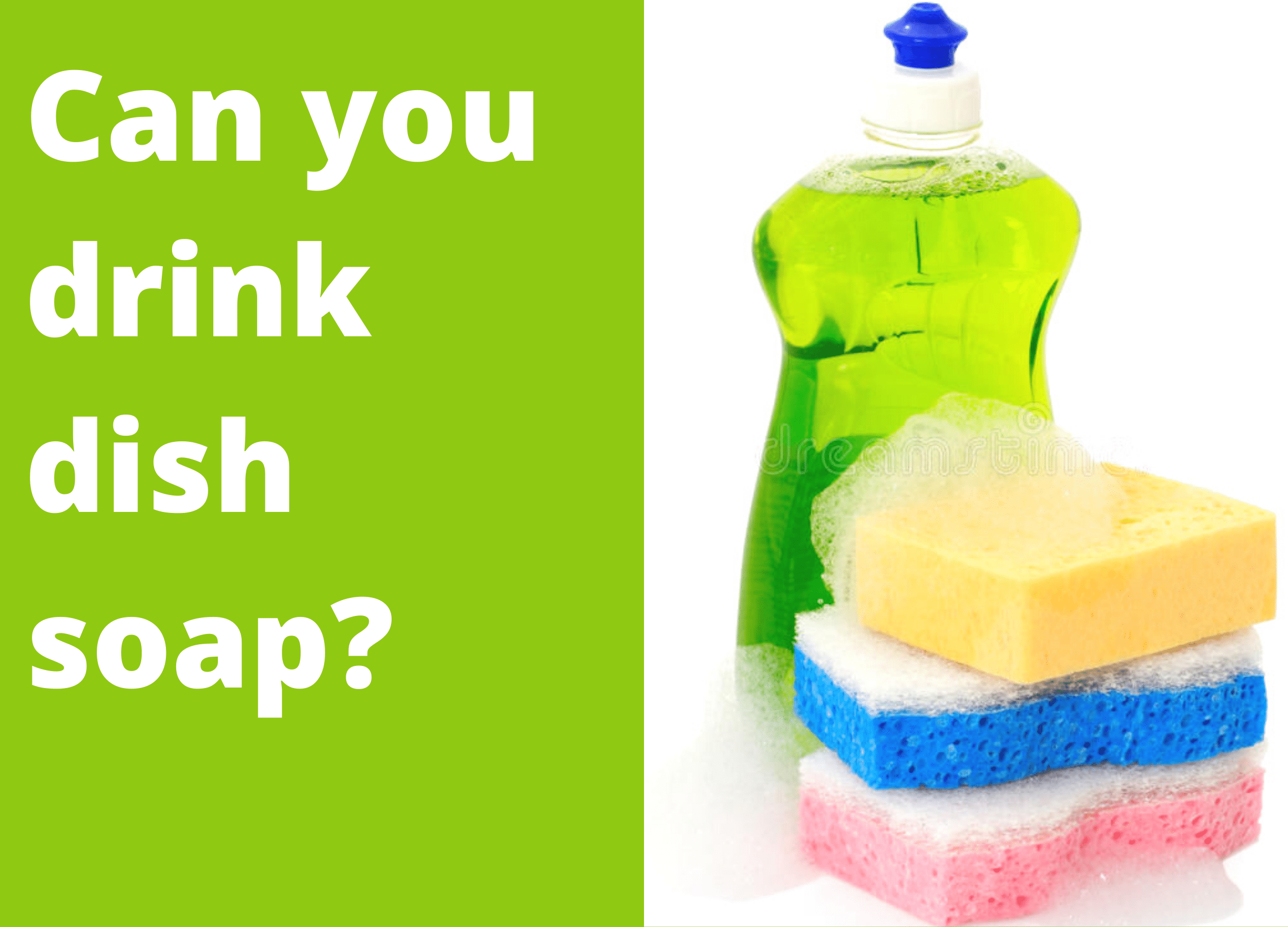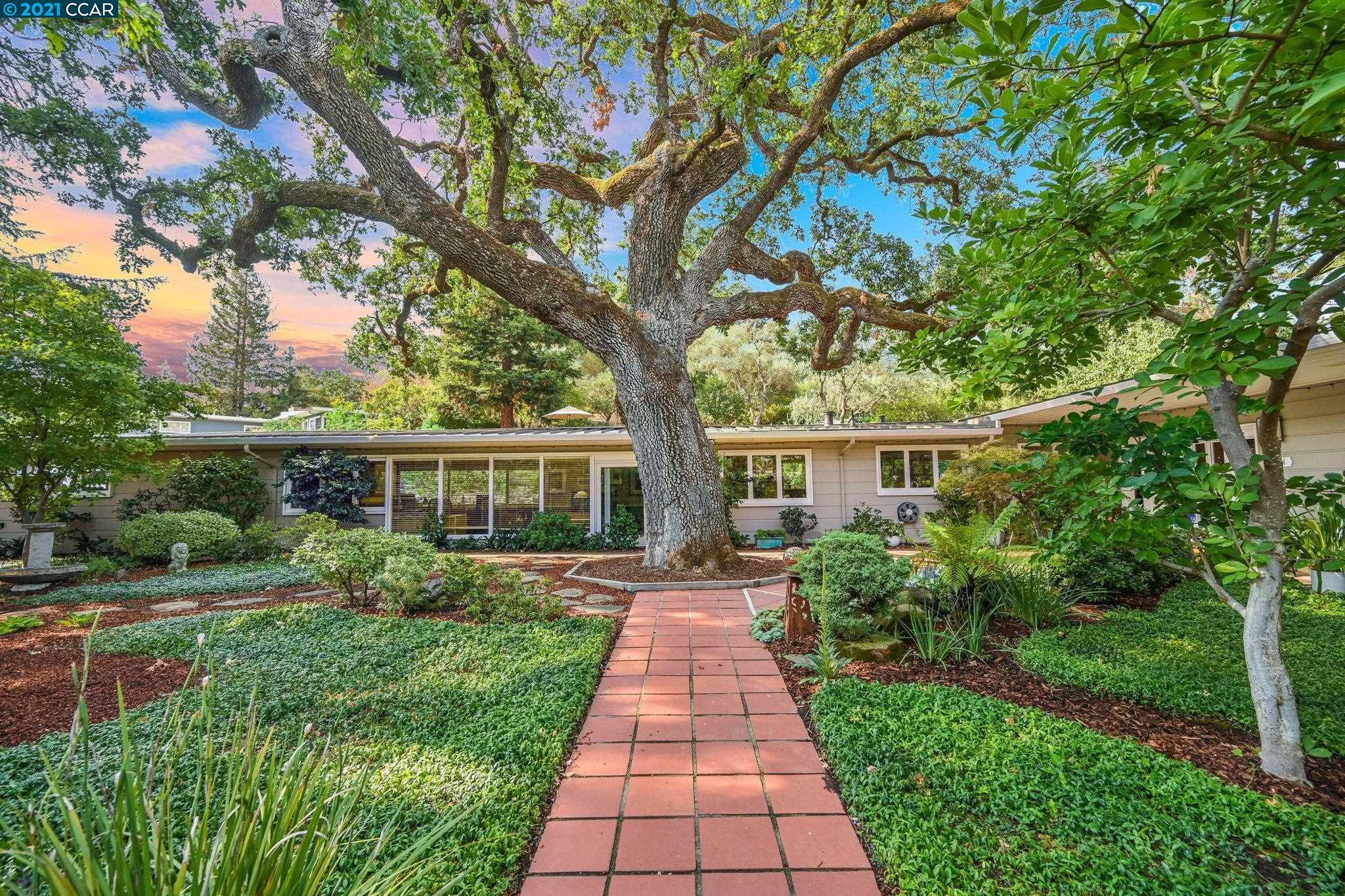A clogged drain is one of the most common causes of slow draining kitchen sinks. This occurs when debris such as hair, food particles, and soap scum build up in the drain pipes, causing a blockage. Over time, the blockage can become more severe, resulting in slow draining water and even a complete backup of water in the sink. If you notice that your kitchen sink is draining slowly, it is likely due to a clogged drain. This can be easily fixed by using a plunger or a drain snake to remove the blockage. For more stubborn clogs, you may need to use a chemical drain cleaner or call a professional plumber for assistance.1. Clogged Drain
Grease buildup is another common cause of slow draining kitchen sinks. When cooking, grease and oil can easily be washed down the drain, where they can solidify and stick to the walls of the pipes. Over time, this buildup can restrict the flow of water, causing it to drain slowly. To prevent grease buildup, it is important to properly dispose of cooking oils and fats. Avoid pouring them down the drain and instead, wipe them up with a paper towel and throw it in the trash. You can also run hot water down the drain after each use to help dissolve any grease that may have made its way into the pipes.2. Grease Buildup
Food debris is another common culprit for slow draining kitchen sinks. Leftover food particles can easily get washed down the drain, where they can accumulate and create a blockage. This is especially common in homes with garbage disposals, as larger food scraps may not be properly broken down. To prevent food debris from causing a clog, make sure to scrape off any excess food into the trash before washing dishes. You can also use a sink strainer to catch any food particles before they make their way into the drain.3. Food Debris
The P-trap is a U-shaped pipe located under the sink that is designed to prevent sewer gases from entering your home. However, this trap can also become blocked by debris, hair, and other materials, causing slow draining water. If you suspect that your P-trap is blocked, you can try removing it and cleaning it out. However, it is best to call a professional plumber to properly disassemble and clean the trap to prevent any damage.4. Blocked P-Trap
Damaged pipes can also be a cause of slow draining kitchen sinks. Over time, pipes can corrode, crack, or collapse, causing water to have difficulty flowing through them. This can result in slow draining water and even leaks in the pipes. If you suspect that your pipes may be damaged, it is best to call a professional plumber for an inspection and to make any necessary repairs or replacements.5. Damaged Pipes
In some cases, slow draining kitchen sinks may be caused by tree roots growing into the pipes. This is more common in older homes with clay pipes, as tree roots can easily penetrate and cause damage. If you suspect that tree roots may be the cause of your slow draining sink, it is best to call a professional plumber to assess the situation and make any necessary repairs.6. Tree Roots
Improper usage of a garbage disposal can also lead to slow draining kitchen sinks. It is important to only dispose of food scraps that can easily be broken down by the disposal. Large or tough food scraps can cause clogs and damage to the disposal and pipes. Make sure to read and follow the manufacturer's instructions for proper usage of your garbage disposal to prevent any issues.7. Improper Garbage Disposal Usage
Minerals in your water supply can also contribute to slow draining kitchen sinks. Over time, these minerals can build up and create a blockage in the pipes, resulting in slow draining water. To prevent mineral buildup, you can install a water softener or regularly clean your pipes with a mixture of vinegar and water to dissolve any mineral deposits.8. Mineral Buildup
If your home has old plumbing, it may be the cause of your slow draining kitchen sink. As pipes age, they can become corroded, cracked, or collapsed, causing water to have difficulty flowing through them. In this case, it is best to call a professional plumber to assess the situation and make any necessary repairs or replacements.9. Old Plumbing
Believe it or not, dish soap residue can also contribute to slow draining kitchen sinks. Soap scum can easily build up in the pipes, causing a blockage and hindering the flow of water. To prevent this, make sure to rinse your dishes thoroughly before placing them in the sink to wash, and regularly clean your sink with a mixture of vinegar and water to remove any soap buildup. In conclusion, there are several potential causes of a slow draining kitchen sink, from clogs and buildup to damaged pipes and old plumbing. By understanding these common causes, you can take the necessary steps to prevent and address any issues, keeping your kitchen sink functioning properly. If you are unsure of the cause or unable to fix the issue yourself, it is best to call a professional plumber for assistance.10. Dish Soap Residue
Additional Causes of Slow Draining Kitchen Sinks

1. Clogged Drain Pipes
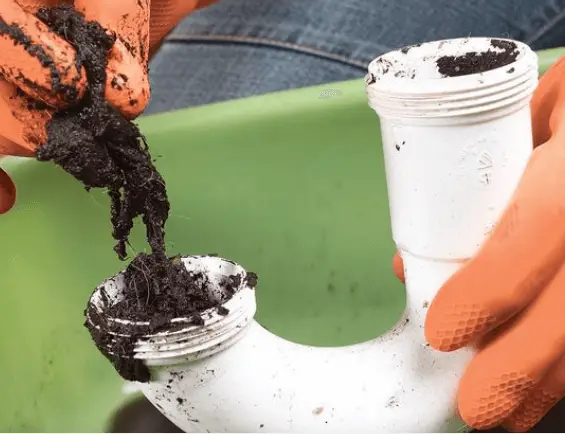 One of the most common causes of slow draining kitchen sinks is clogged drain pipes. Over time, debris such as food particles, grease, and soap scum can build up in the pipes, causing blockages. These blockages restrict the flow of water and can eventually lead to a completely clogged drain. Regularly cleaning and maintaining your drain pipes can prevent this issue from occurring.
One of the most common causes of slow draining kitchen sinks is clogged drain pipes. Over time, debris such as food particles, grease, and soap scum can build up in the pipes, causing blockages. These blockages restrict the flow of water and can eventually lead to a completely clogged drain. Regularly cleaning and maintaining your drain pipes can prevent this issue from occurring.
2. Incorrectly Installed Plumbing
 Another possible cause of slow draining kitchen sinks is incorrectly installed plumbing. If the pipes are not properly aligned or connected, it can create areas where water and debris can collect, leading to clogs. This can also happen if the pipes are too narrow or have sharp bends that make it difficult for water to flow freely.
Another possible cause of slow draining kitchen sinks is incorrectly installed plumbing. If the pipes are not properly aligned or connected, it can create areas where water and debris can collect, leading to clogs. This can also happen if the pipes are too narrow or have sharp bends that make it difficult for water to flow freely.
3. Damaged or Broken Pipes
 Pipes can become damaged or broken over time due to wear and tear, corrosion, or shifting of the house's foundation. When this happens, the damaged pipes can create obstructions in the flow of water, causing slow draining sinks. It is important to regularly inspect your plumbing and repair any damaged pipes to prevent this issue.
Pipes can become damaged or broken over time due to wear and tear, corrosion, or shifting of the house's foundation. When this happens, the damaged pipes can create obstructions in the flow of water, causing slow draining sinks. It is important to regularly inspect your plumbing and repair any damaged pipes to prevent this issue.
4. Sewer Line Issues
 In some cases, the cause of slow draining kitchen sinks may not be within your own plumbing system but in the main sewer line. A clog or blockage in the main sewer line can affect the flow of water in all the drains in your house, including your kitchen sink. If you notice slow draining sinks throughout your house, it may be a sign of a larger issue with the sewer line.
In some cases, the cause of slow draining kitchen sinks may not be within your own plumbing system but in the main sewer line. A clog or blockage in the main sewer line can affect the flow of water in all the drains in your house, including your kitchen sink. If you notice slow draining sinks throughout your house, it may be a sign of a larger issue with the sewer line.
5. Hard Water Buildup
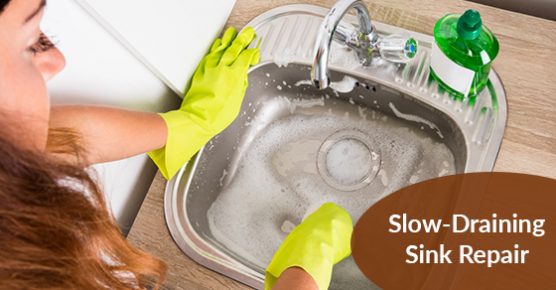 If you live in an area with hard water, mineral deposits can build up in your pipes over time. These deposits can constrict the flow of water and cause slow draining sinks. Using a water softener can help prevent this issue, but it is also important to regularly clean and descale your pipes to remove any buildup.
In conclusion, a slow draining kitchen sink can be caused by a variety of factors, including clogged pipes, incorrect plumbing installation, damaged pipes, sewer line issues, and hard water buildup. By regularly maintaining and inspecting your plumbing system, you can prevent these issues and keep your kitchen sink draining smoothly.
If you live in an area with hard water, mineral deposits can build up in your pipes over time. These deposits can constrict the flow of water and cause slow draining sinks. Using a water softener can help prevent this issue, but it is also important to regularly clean and descale your pipes to remove any buildup.
In conclusion, a slow draining kitchen sink can be caused by a variety of factors, including clogged pipes, incorrect plumbing installation, damaged pipes, sewer line issues, and hard water buildup. By regularly maintaining and inspecting your plumbing system, you can prevent these issues and keep your kitchen sink draining smoothly.





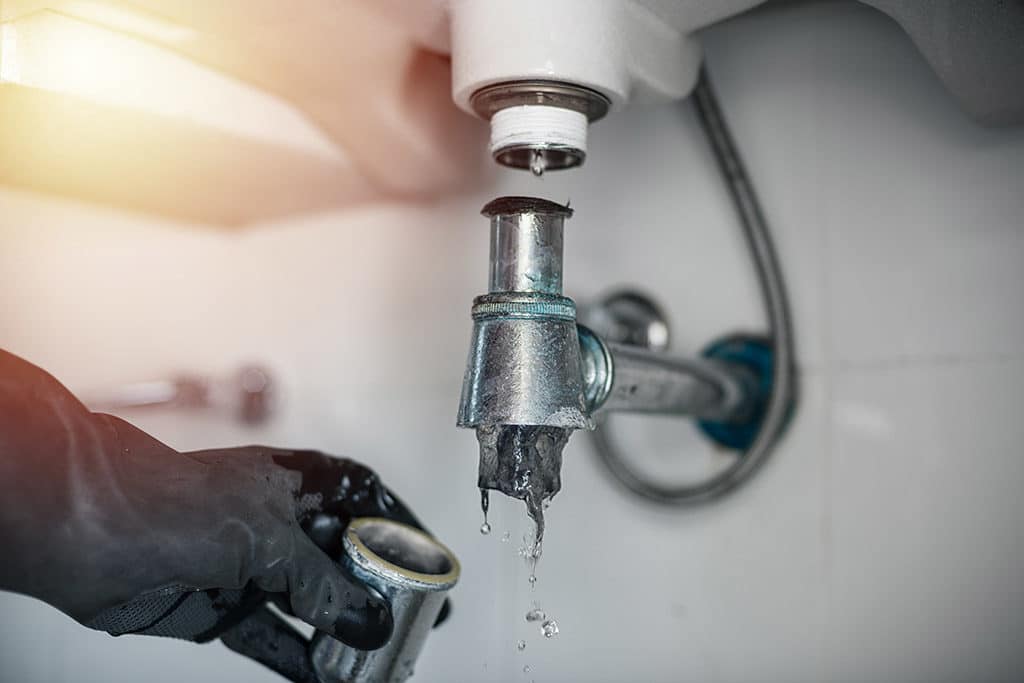
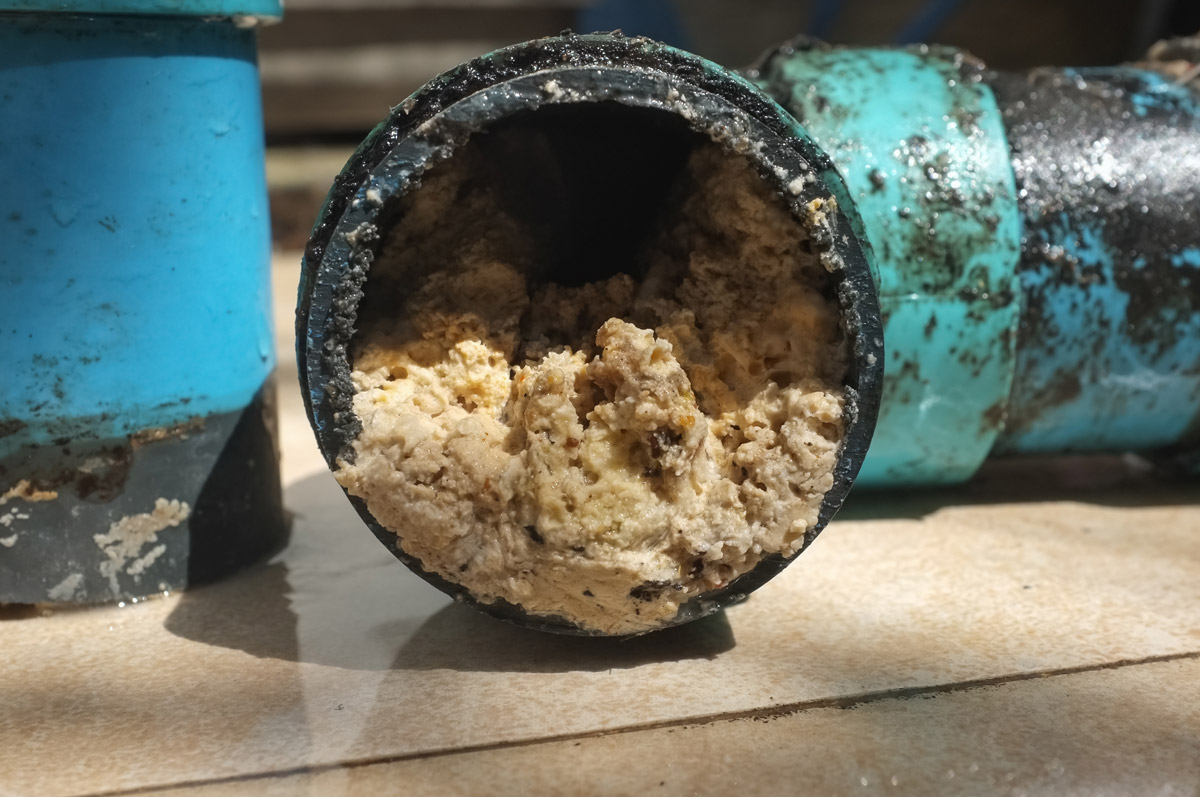
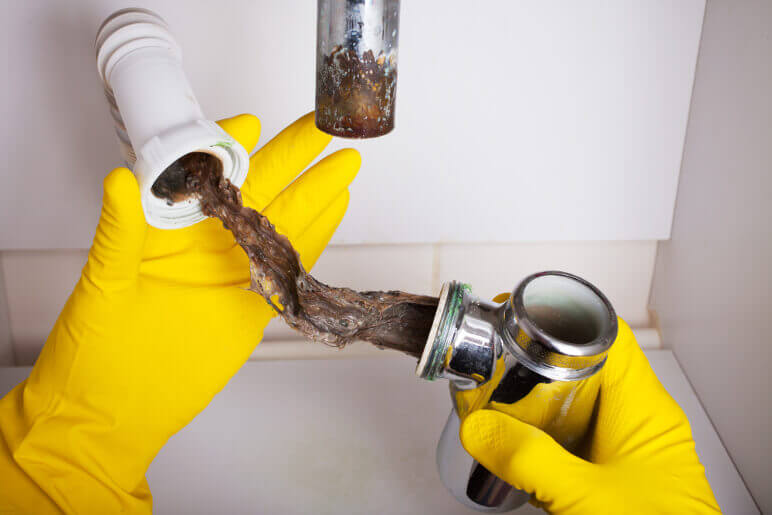

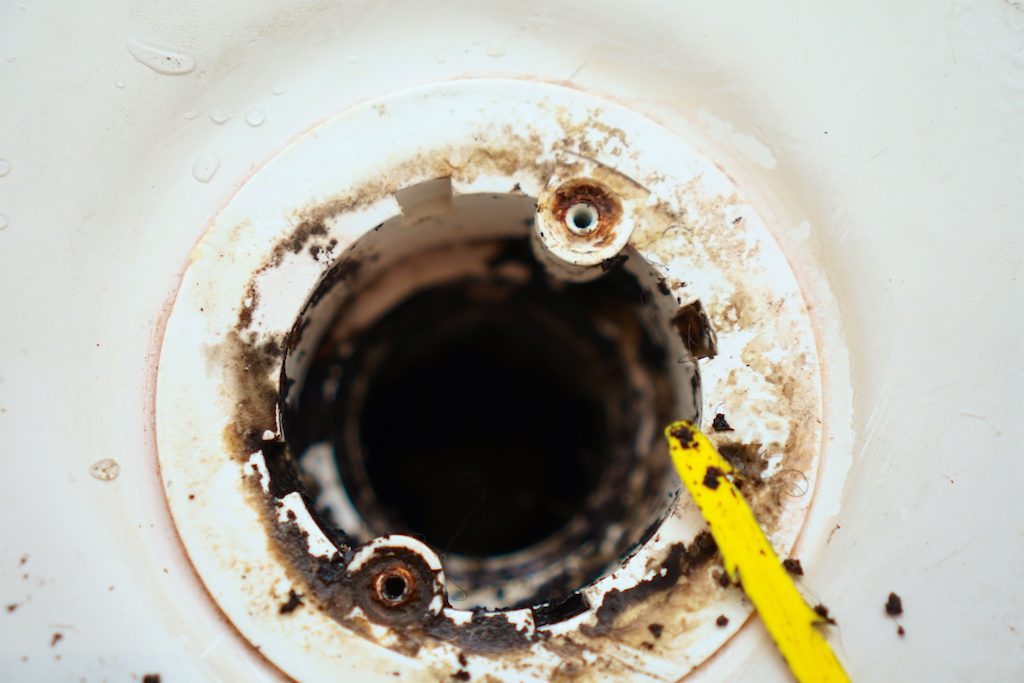
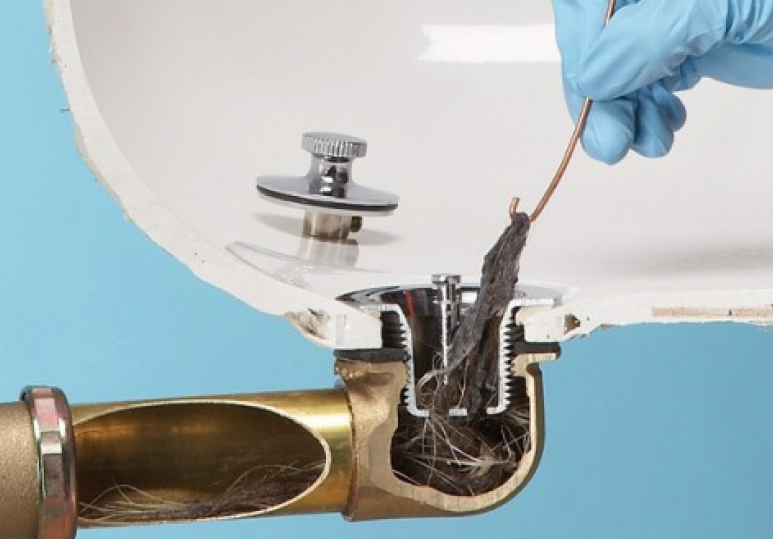
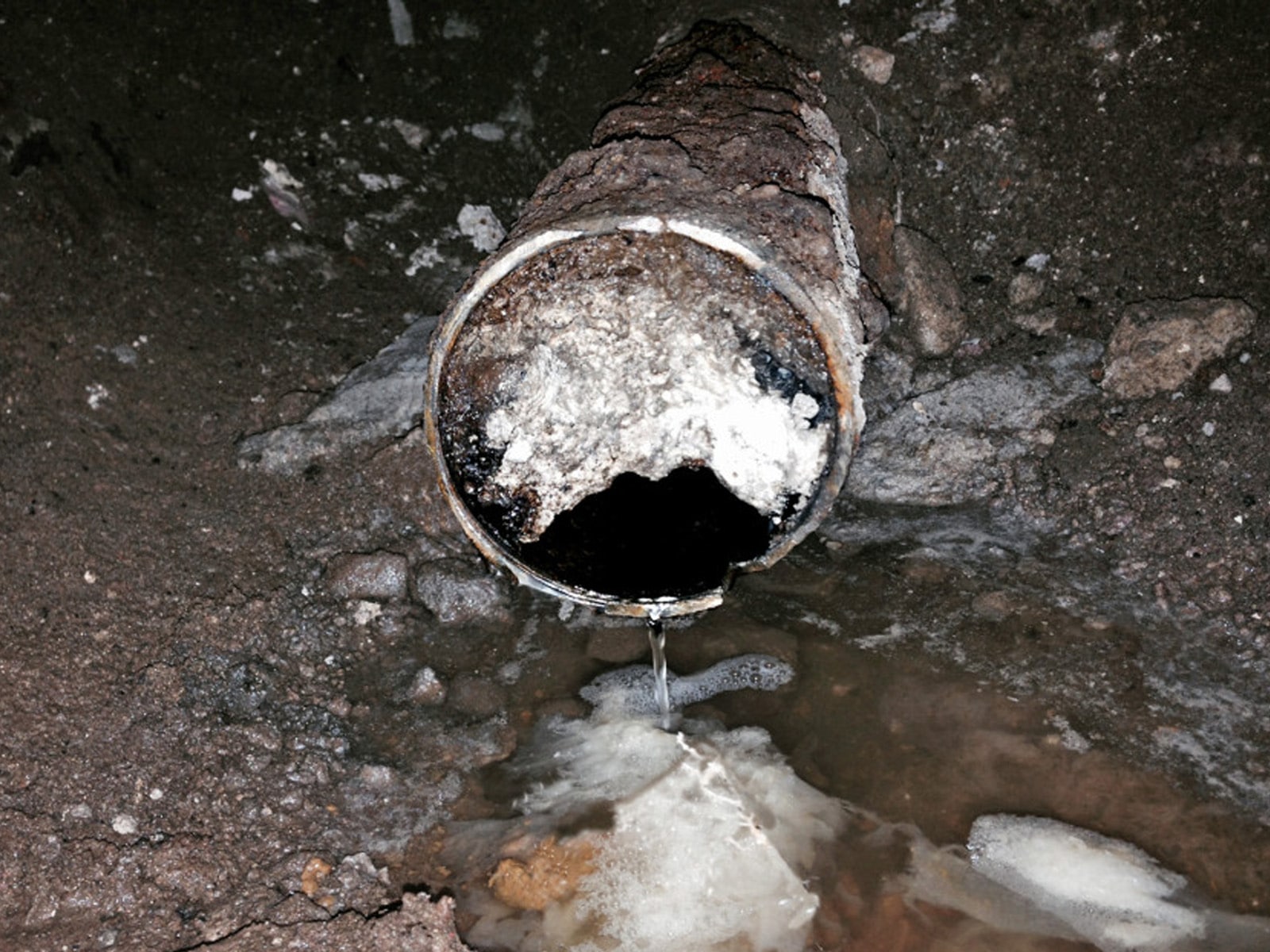
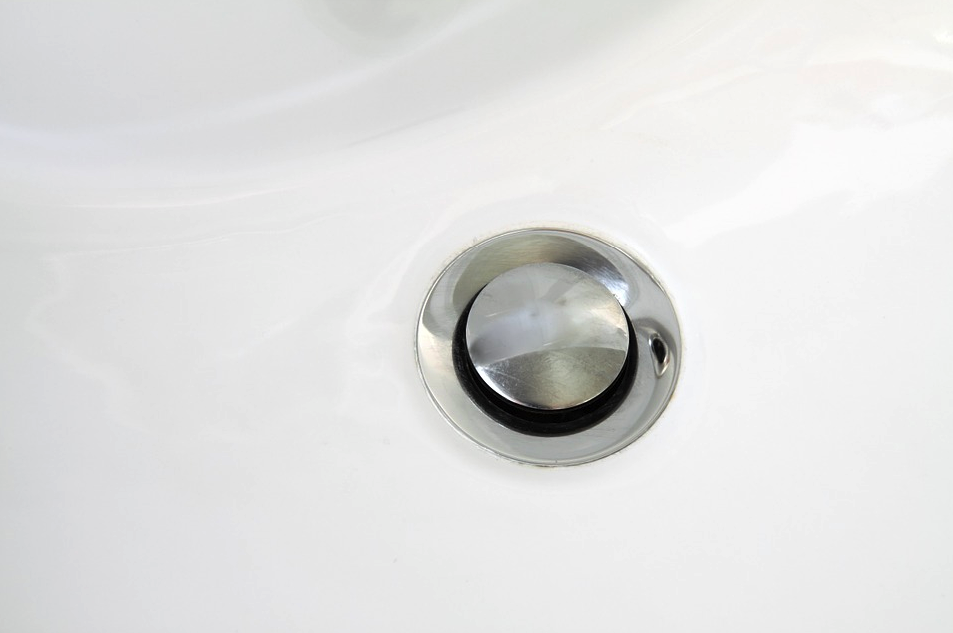
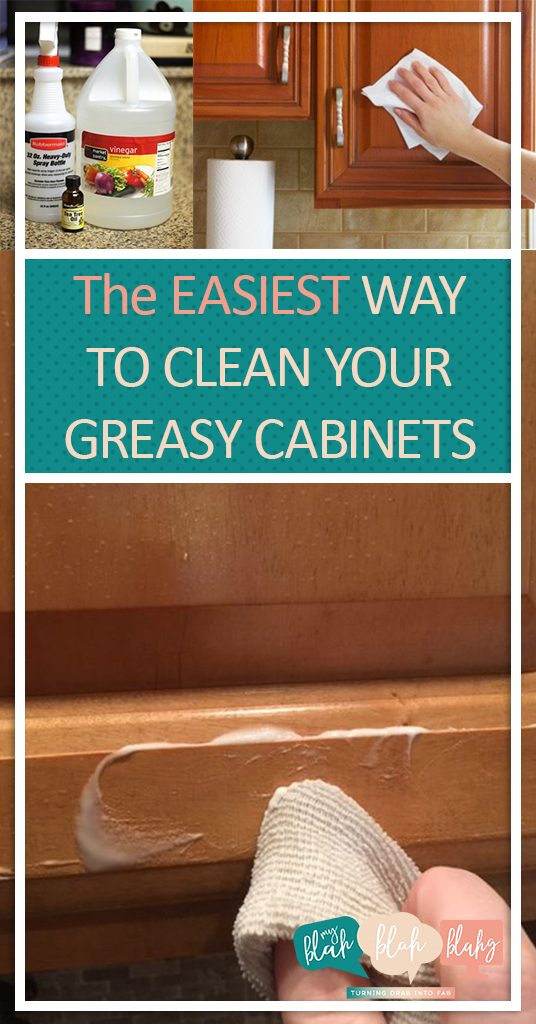



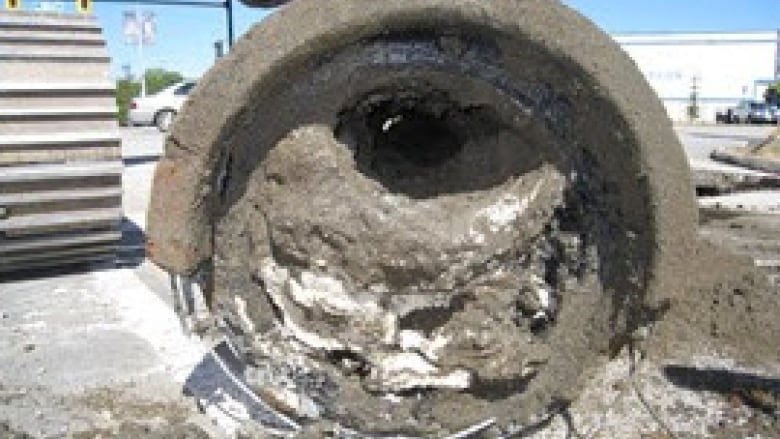
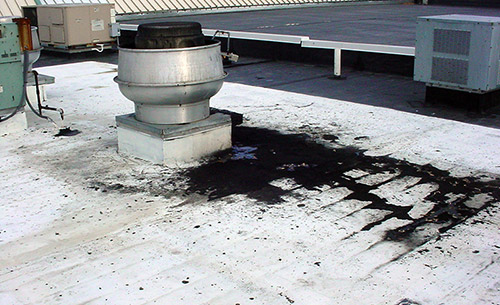
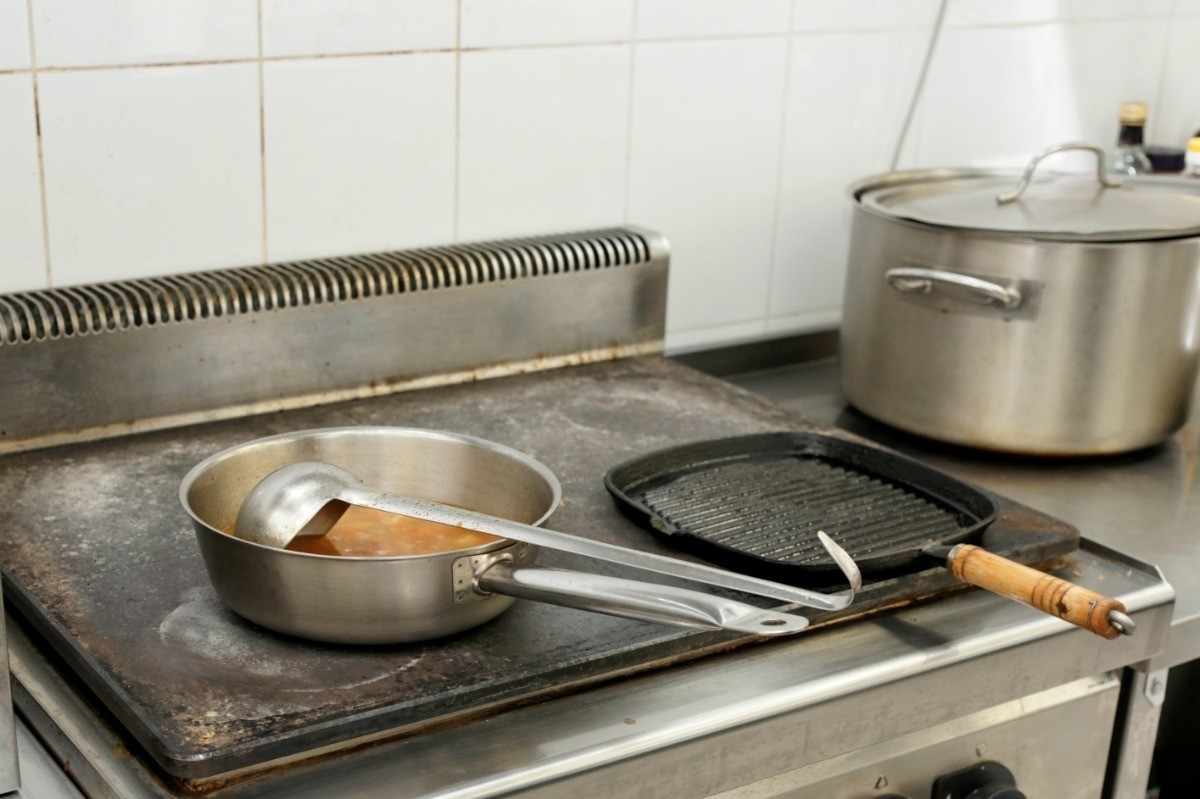
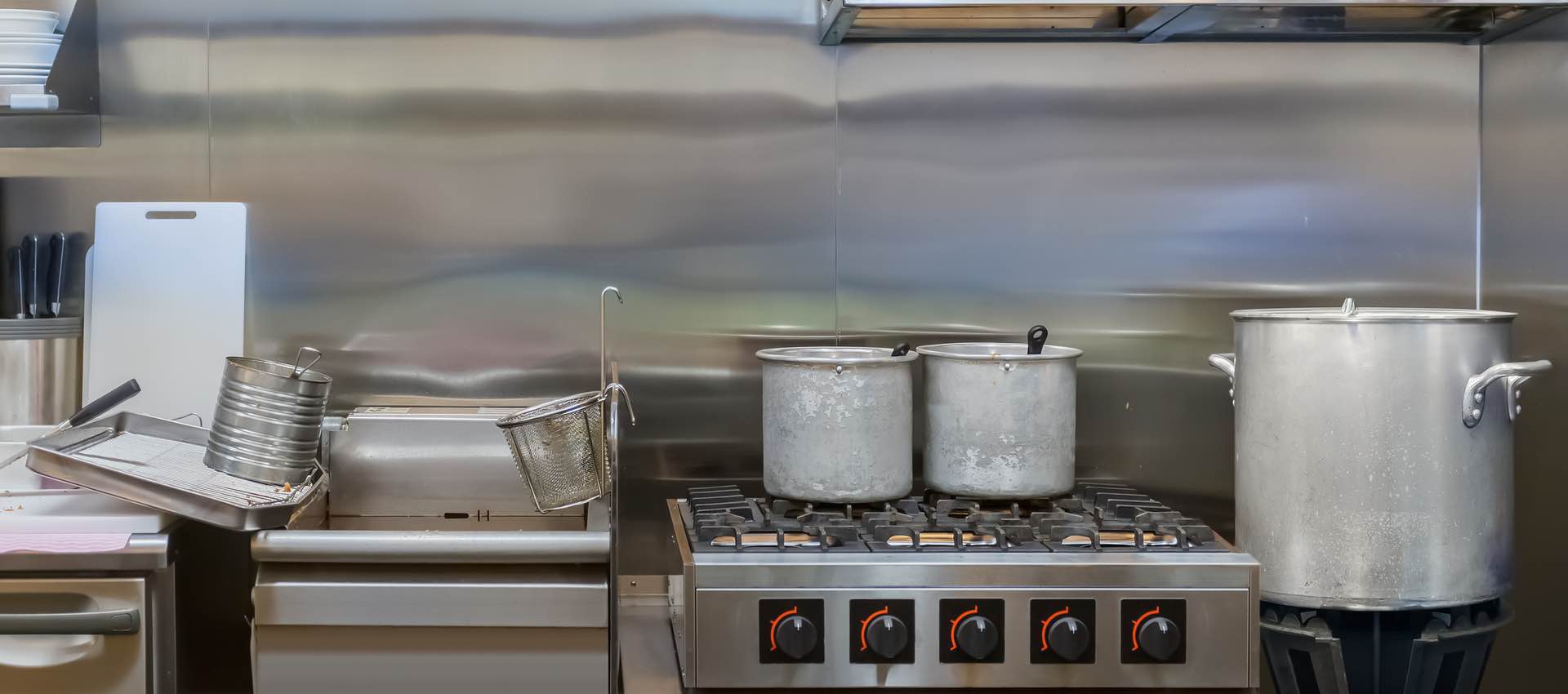
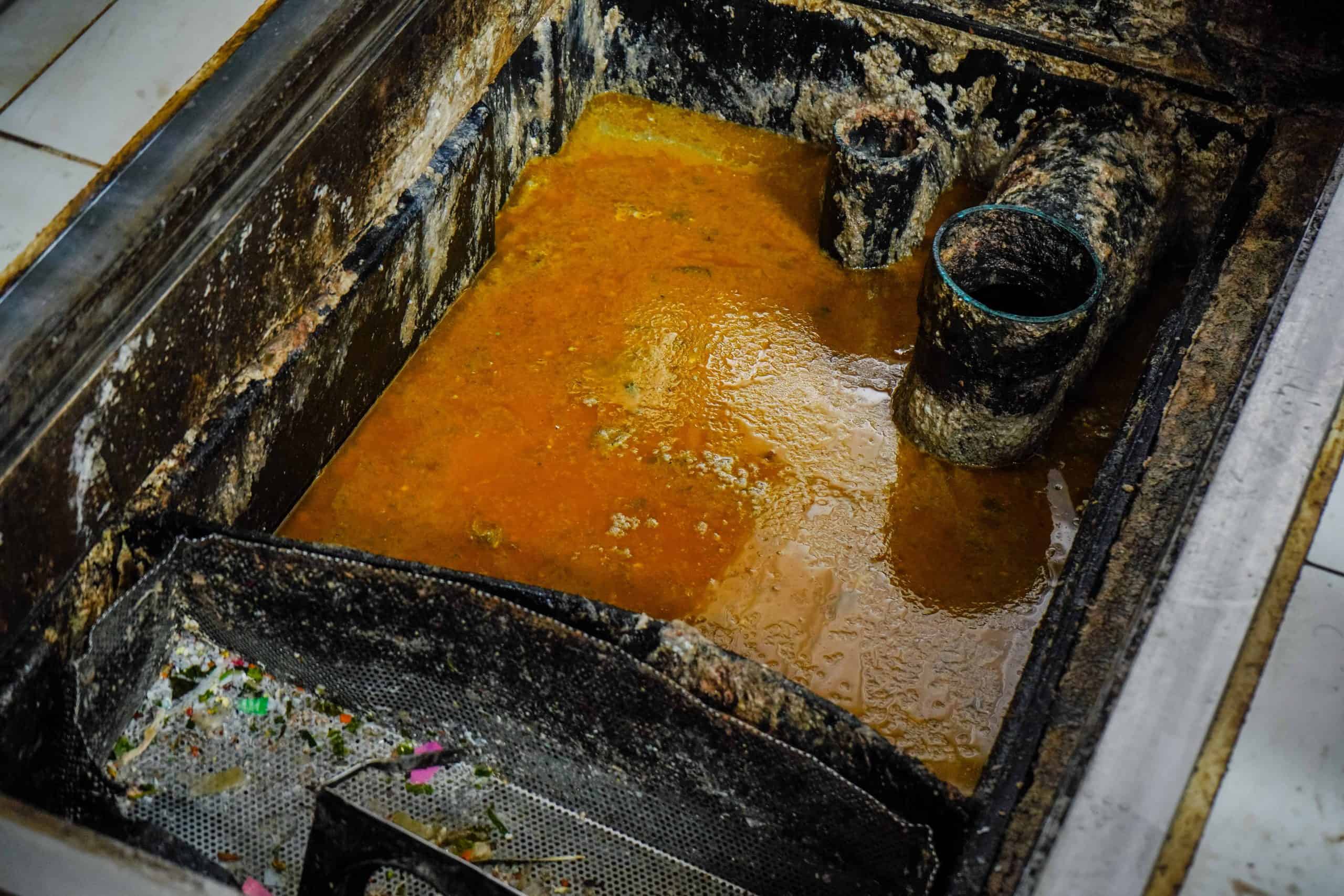
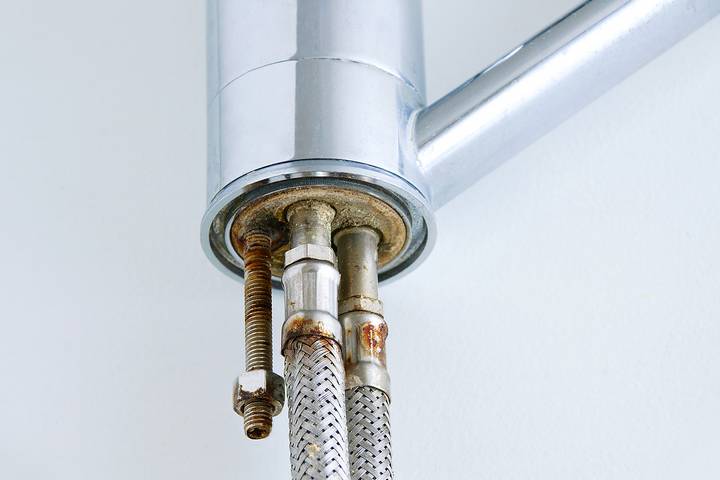
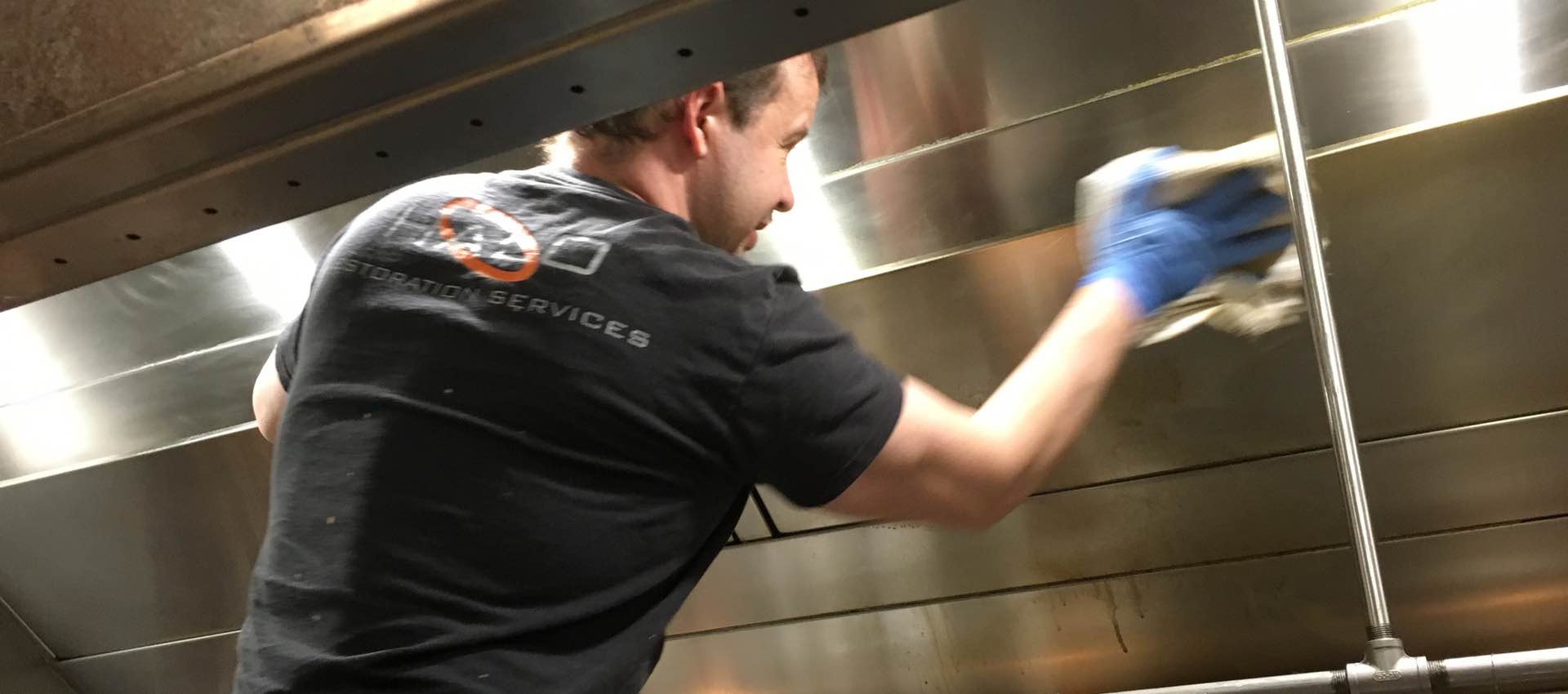
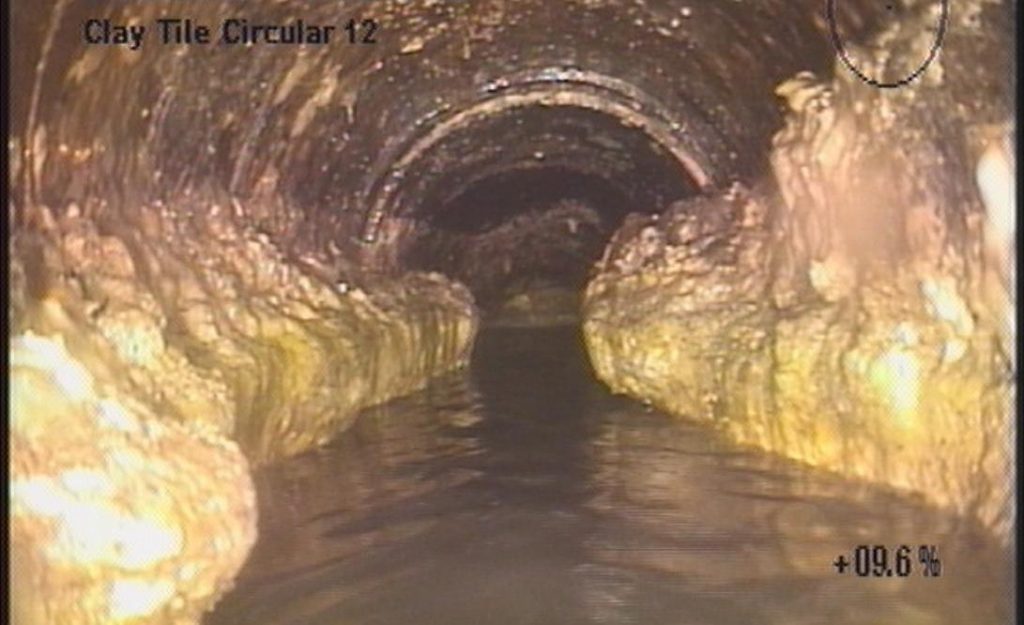
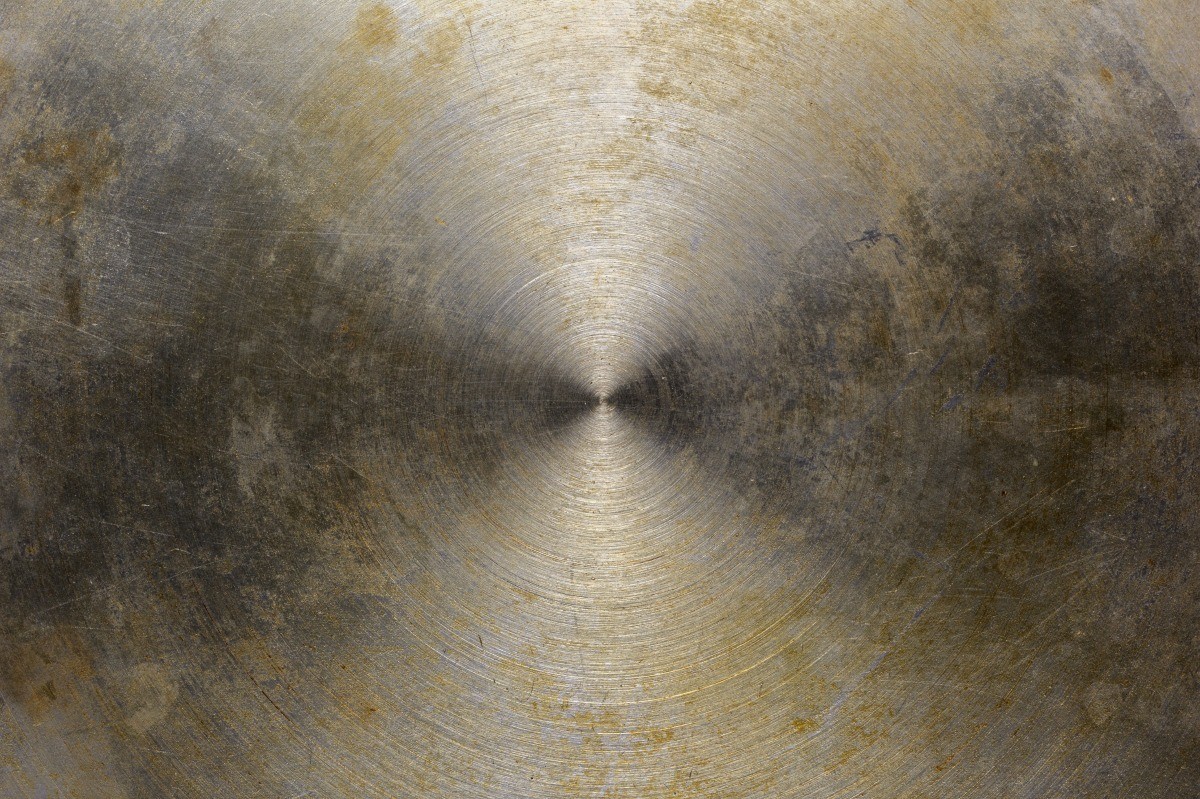







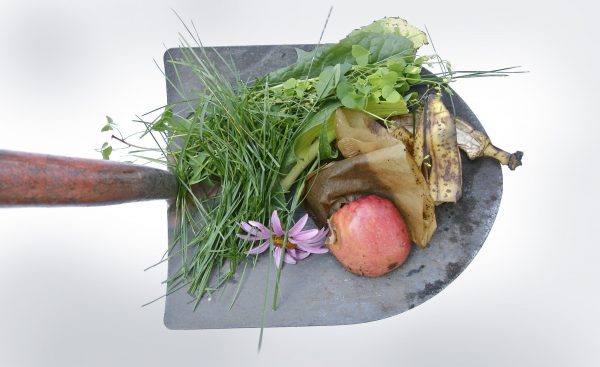
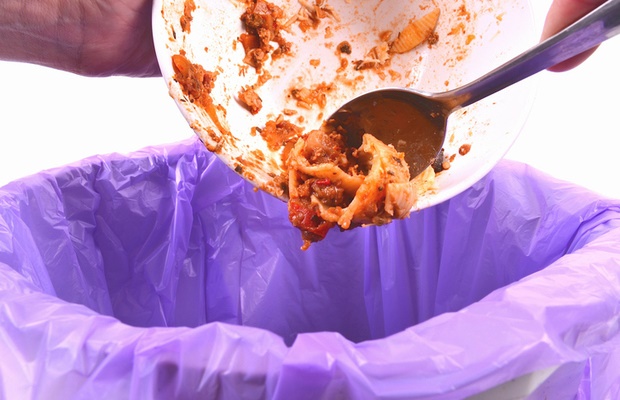



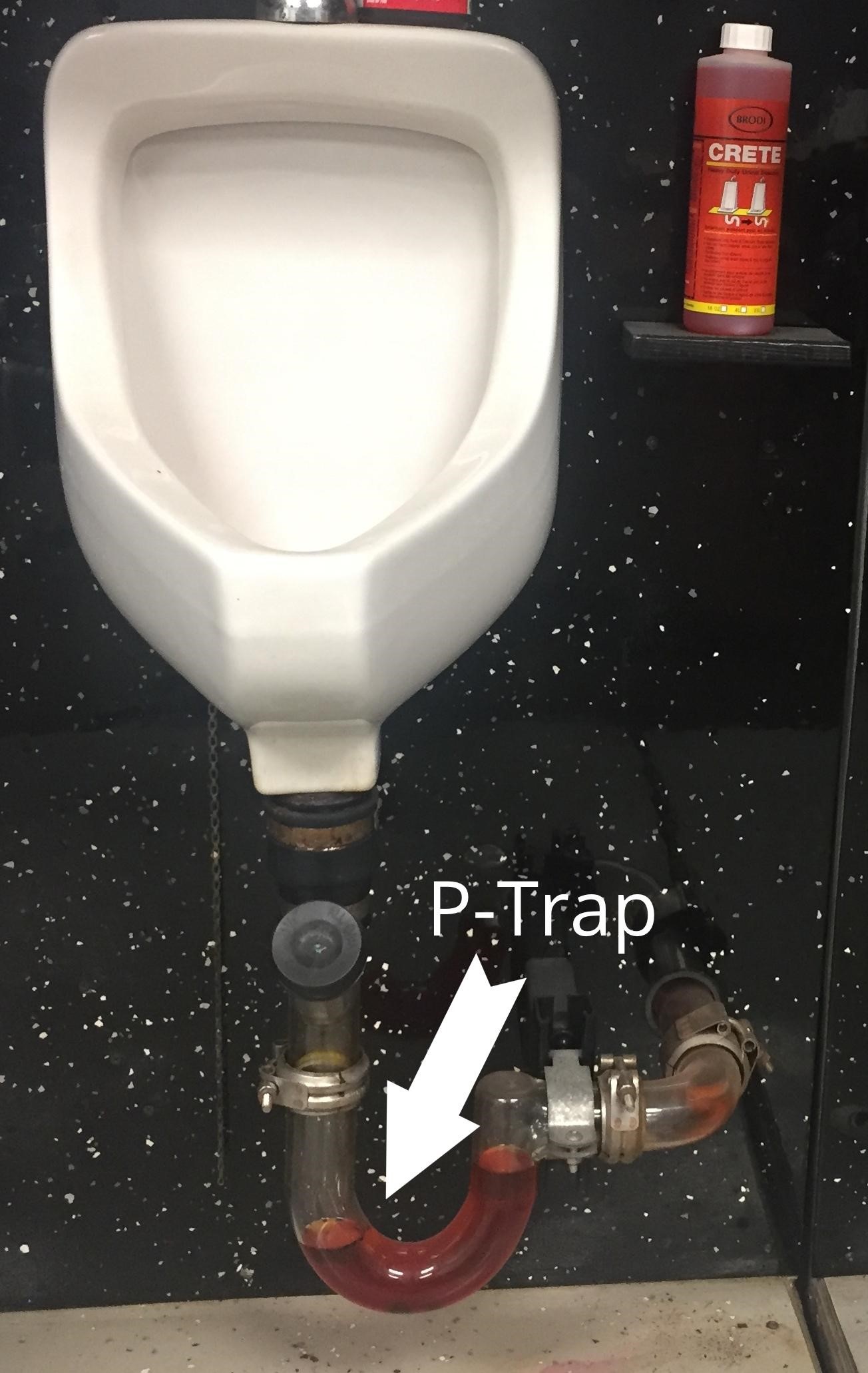


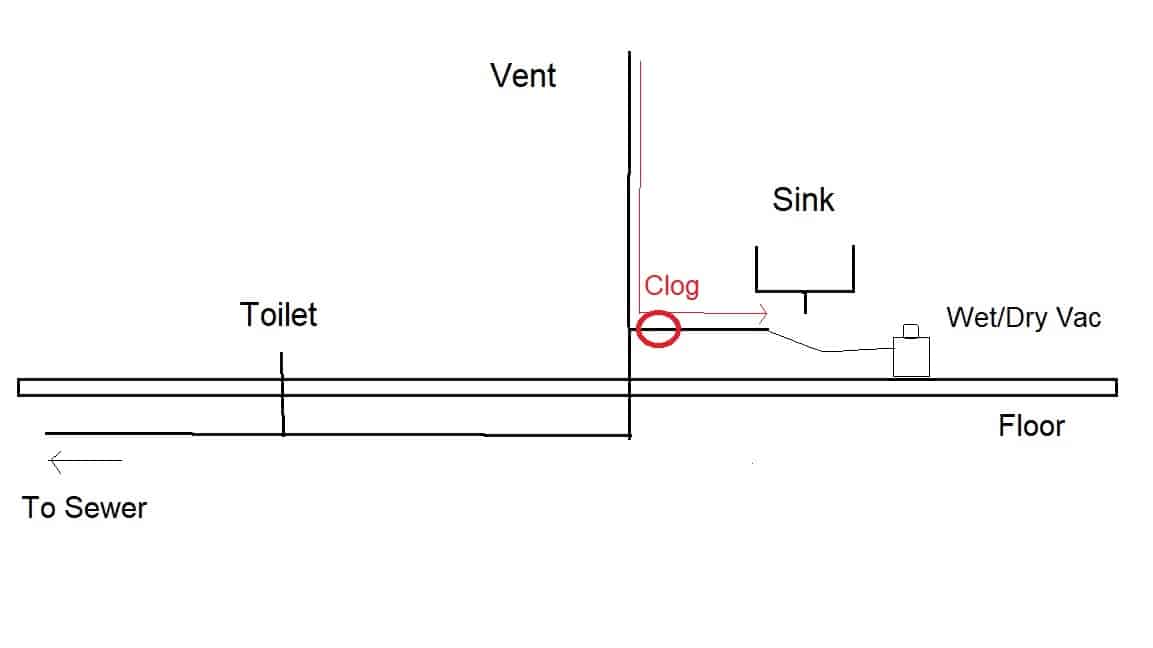


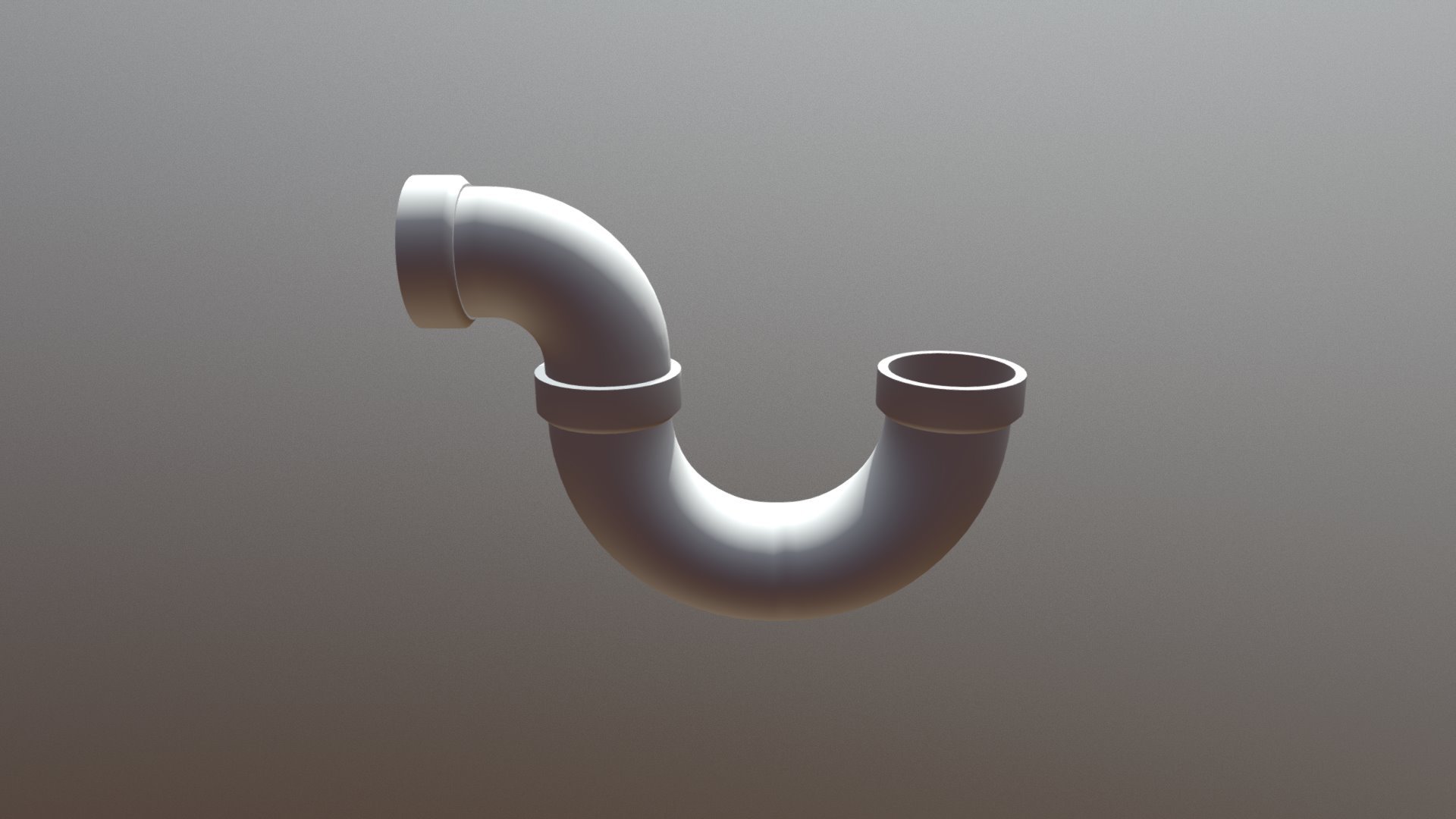


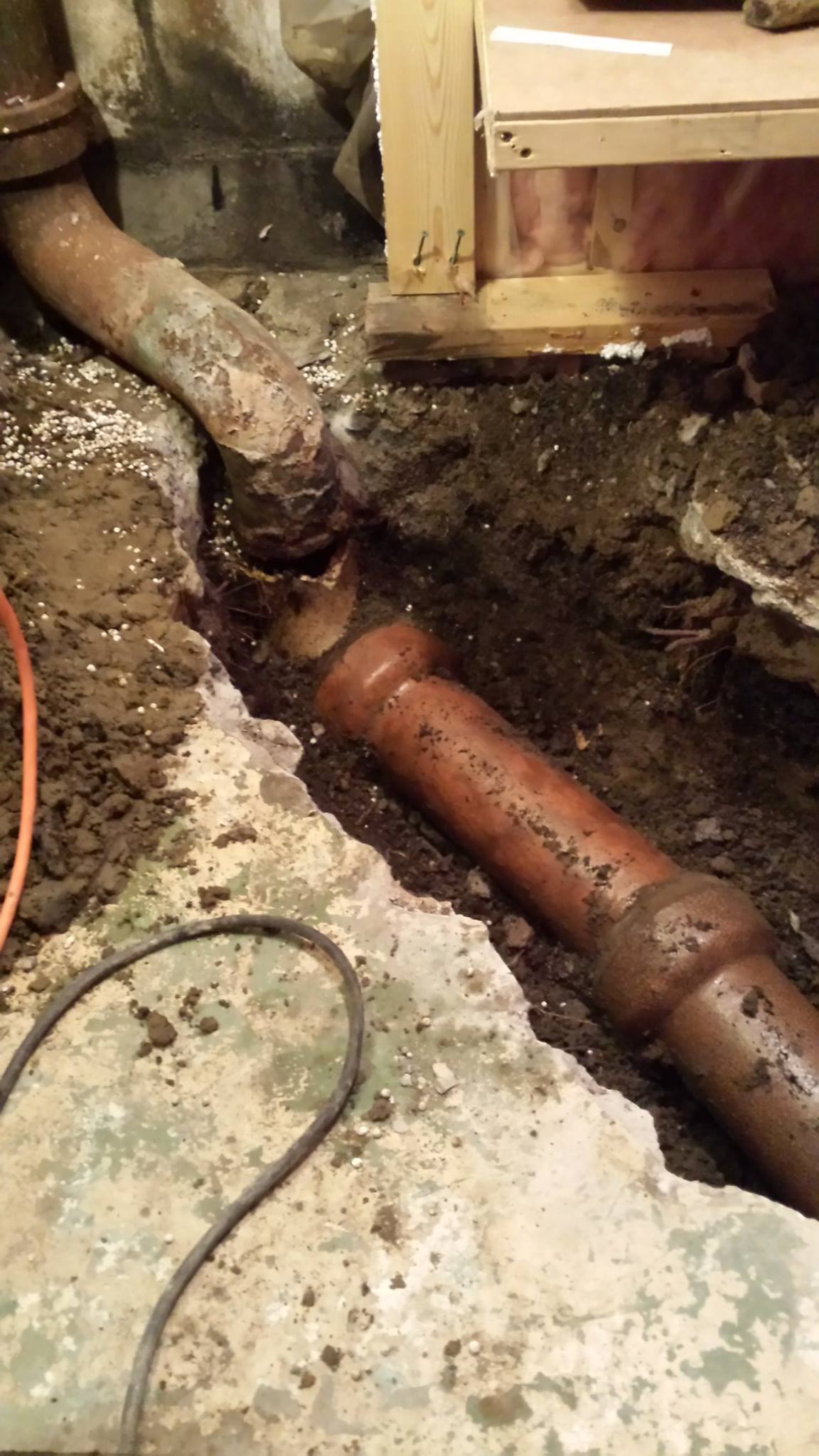







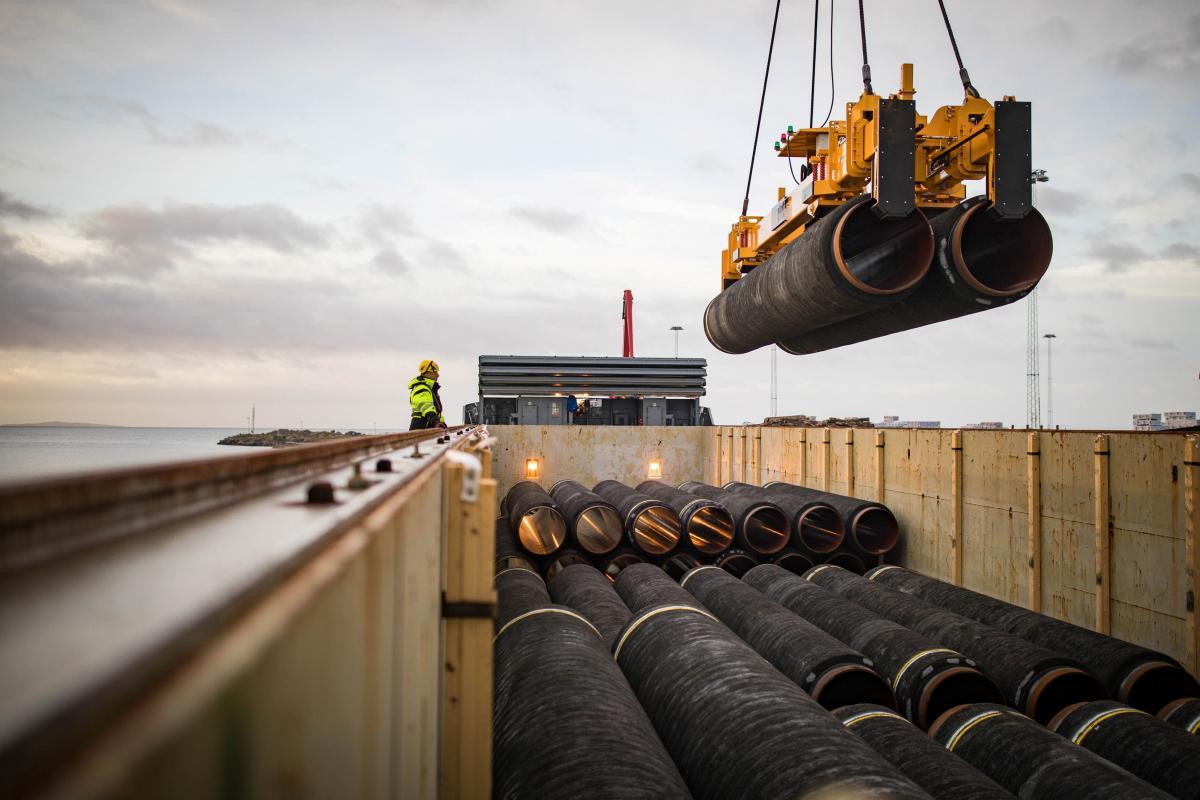

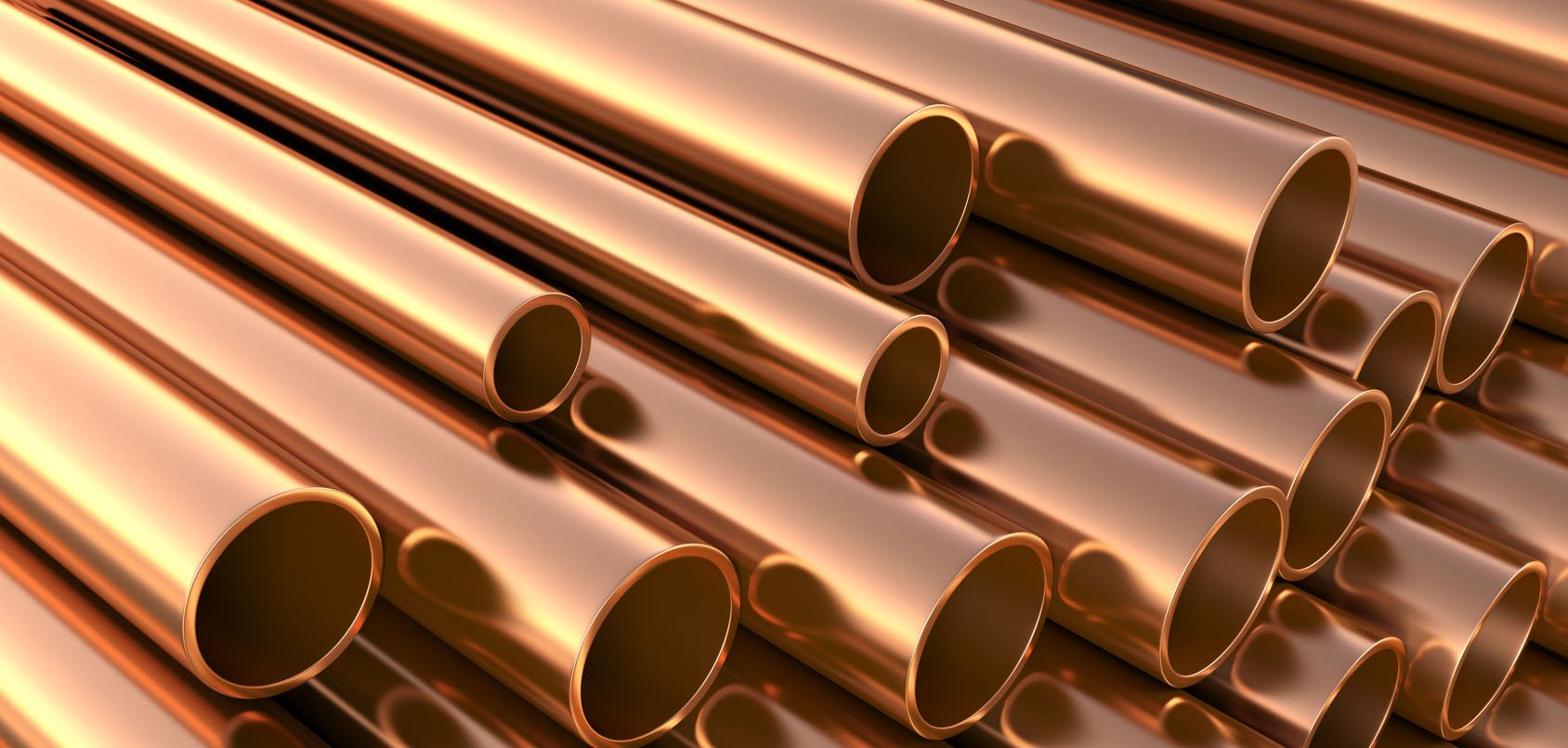


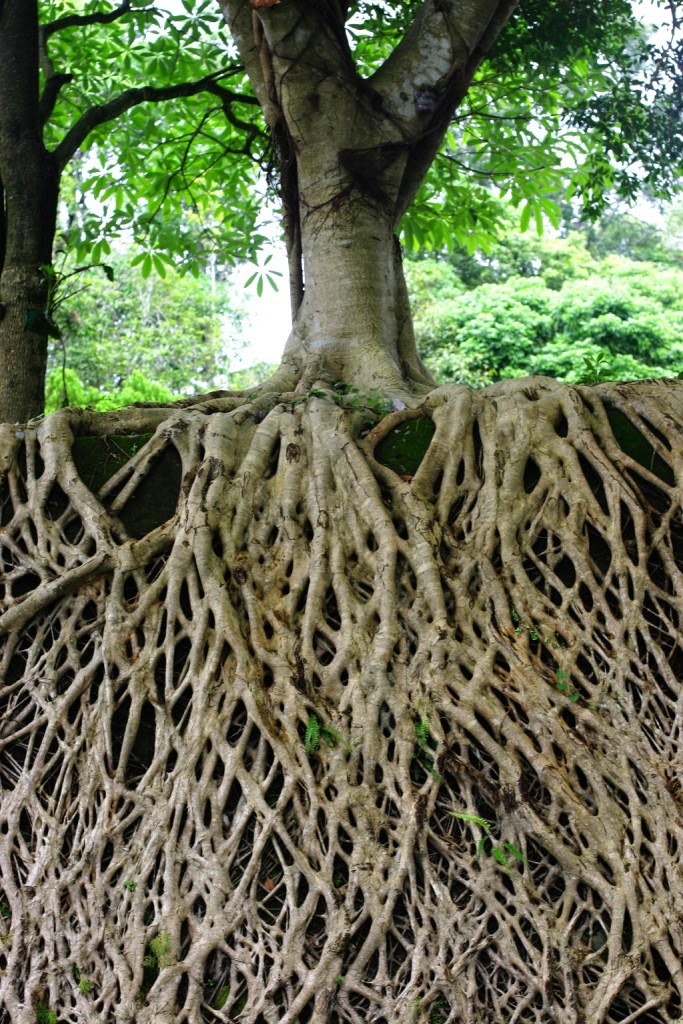
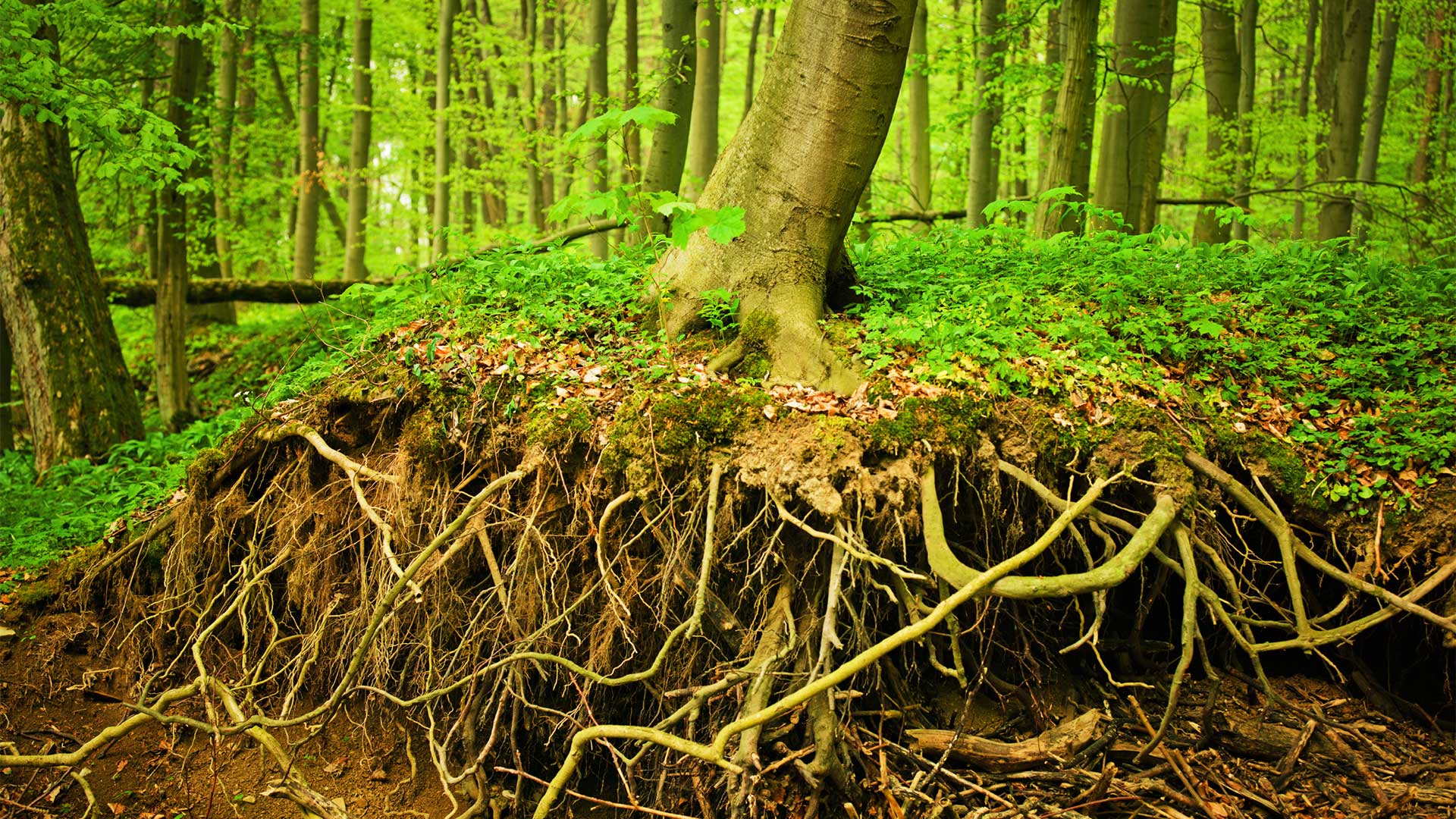
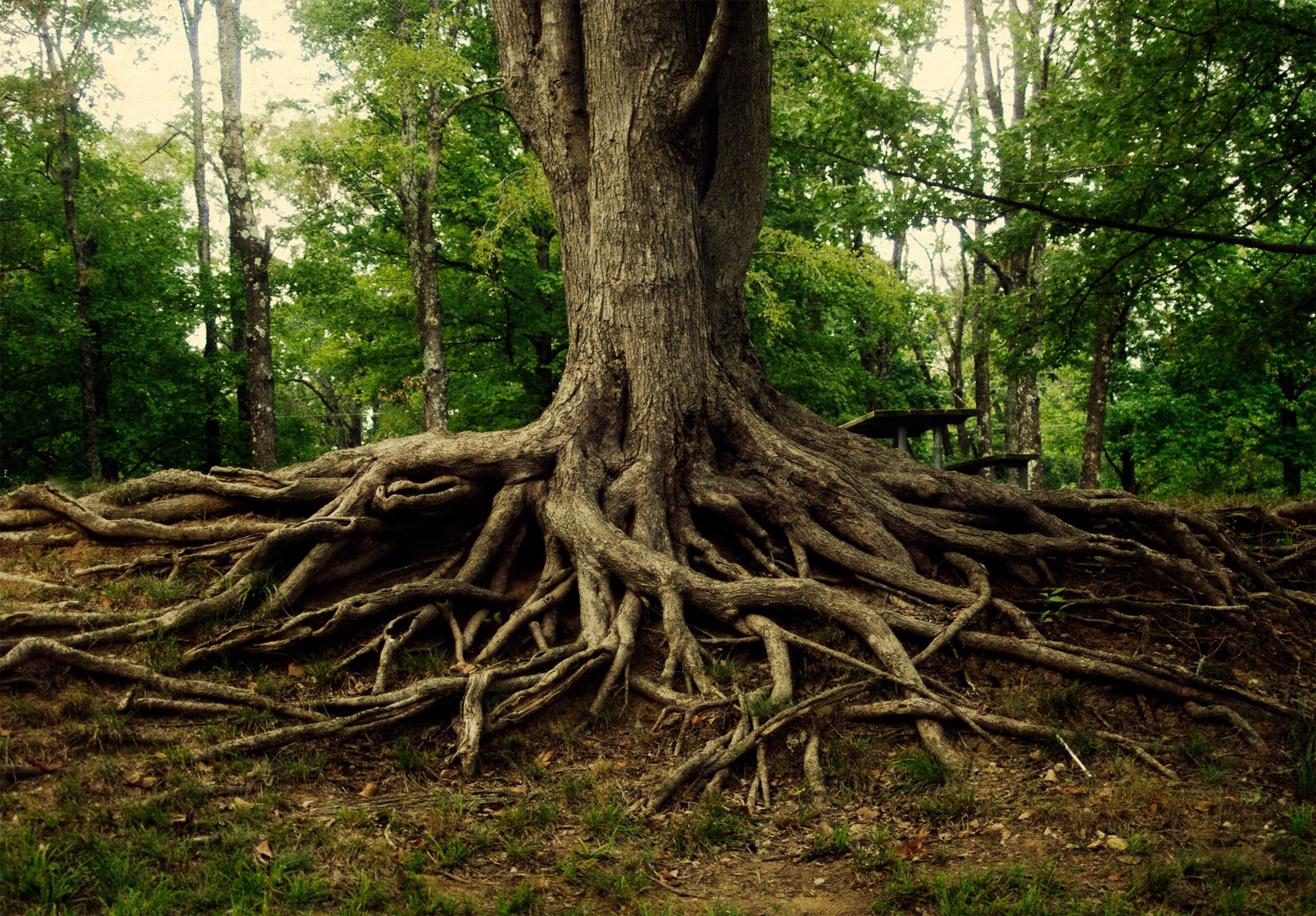
:max_bytes(150000):strip_icc()/GettyImages-148551365-b96c85086f574e23832411a60abd34d7.jpg)


